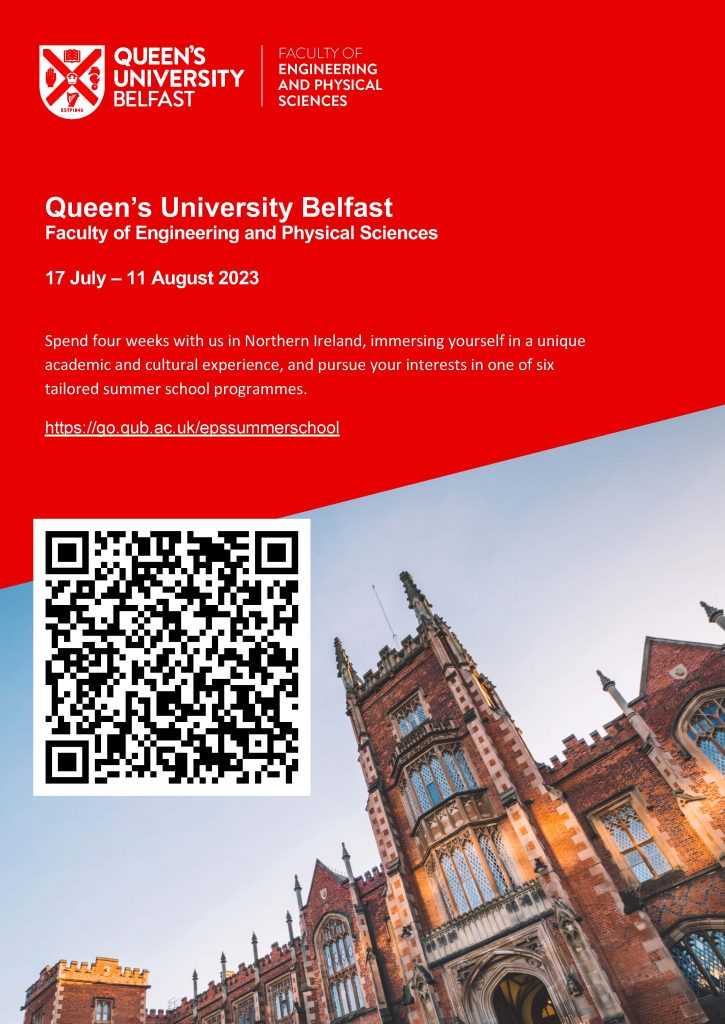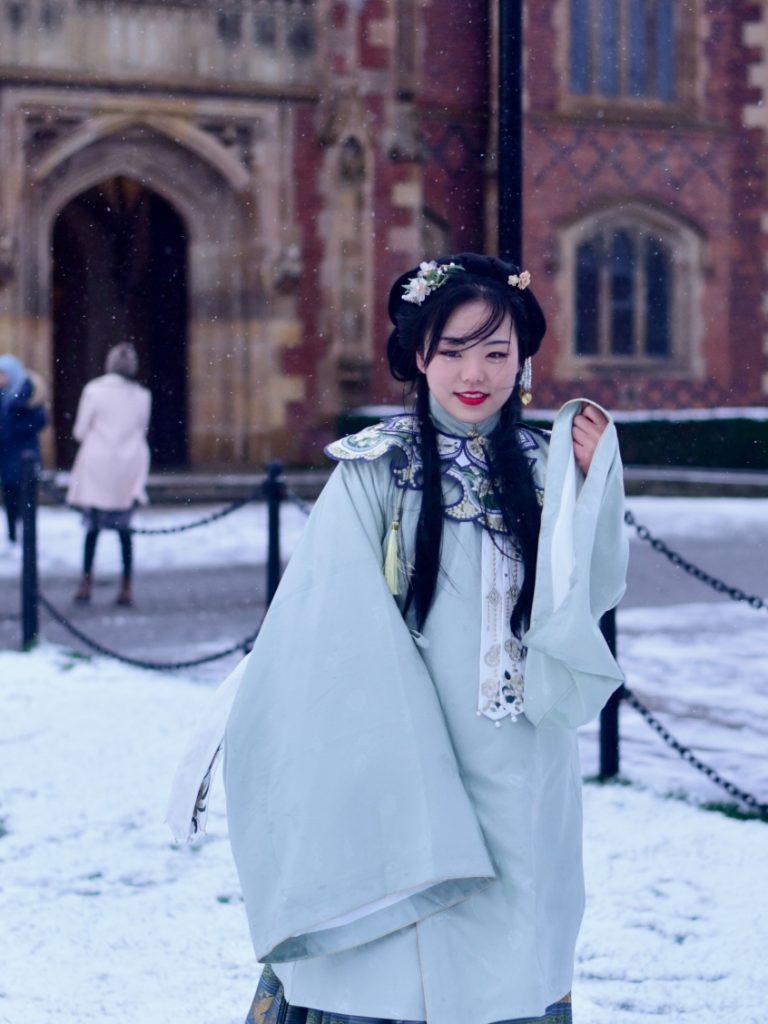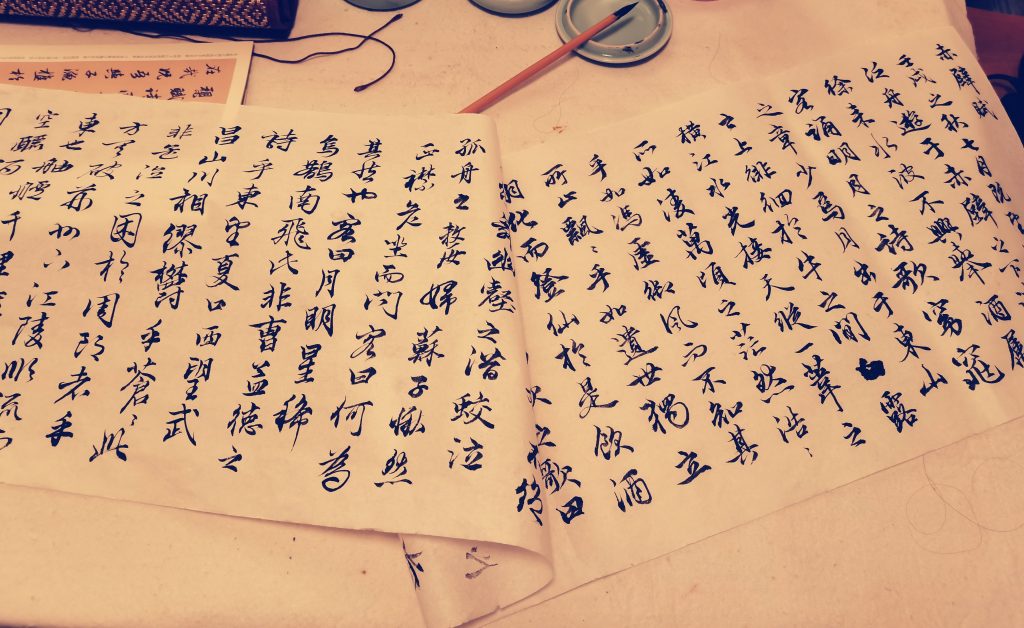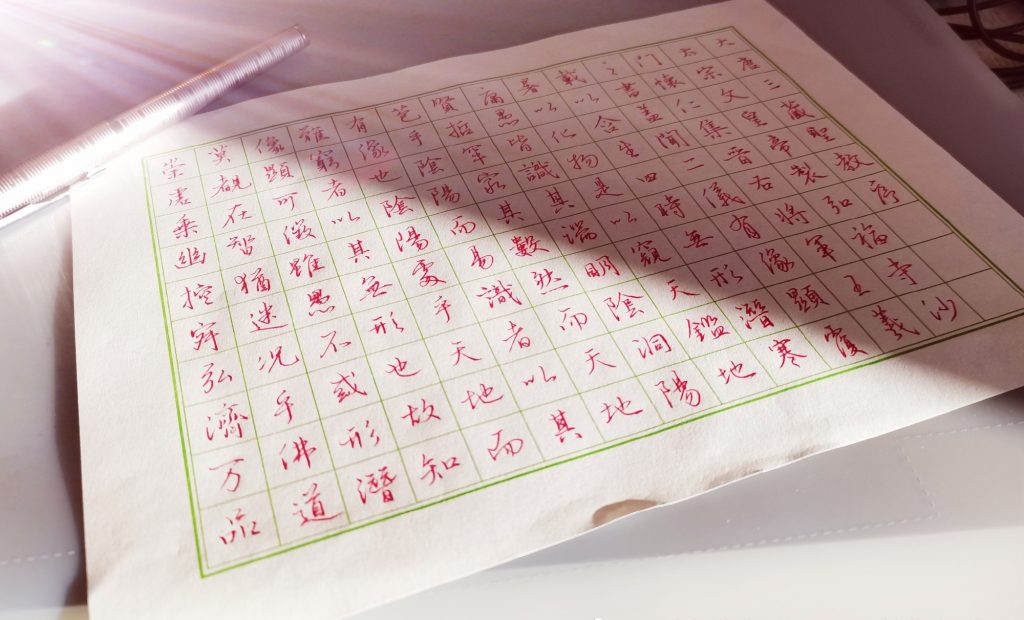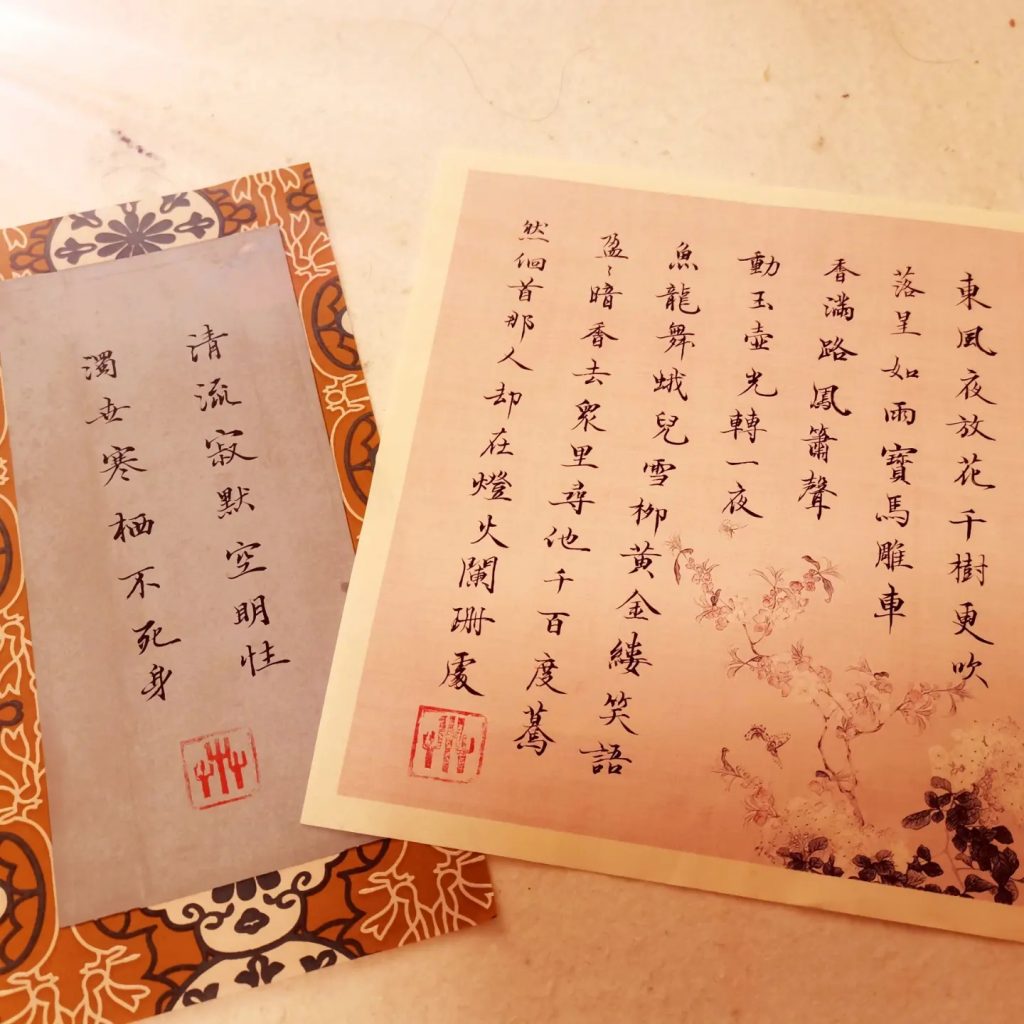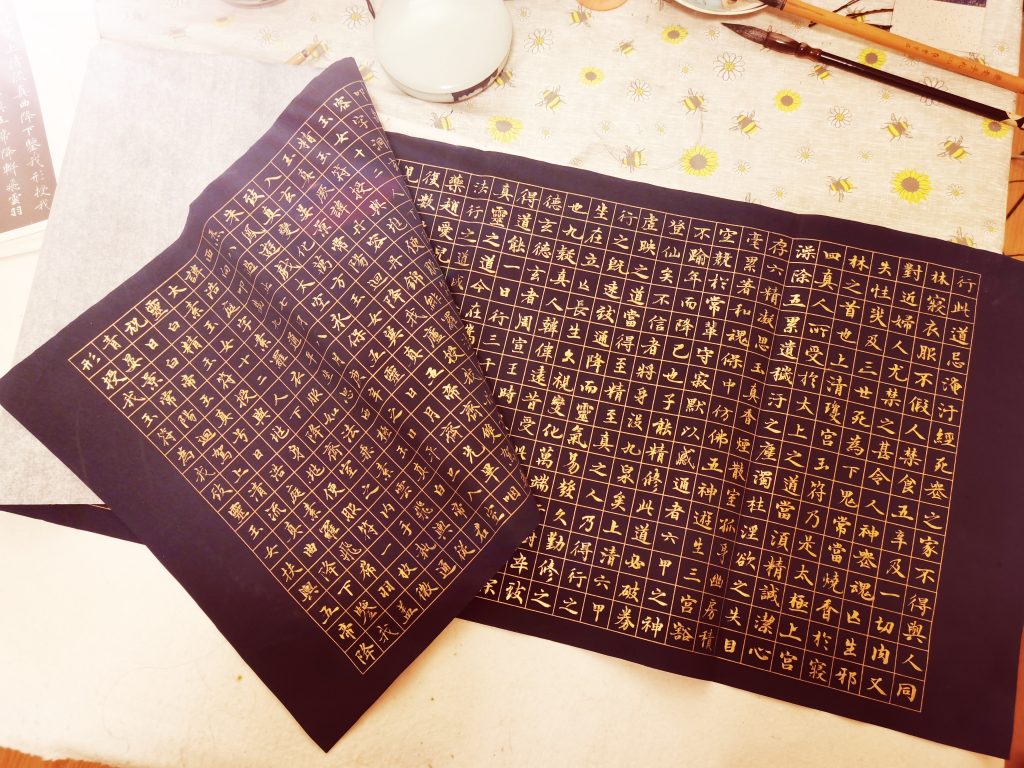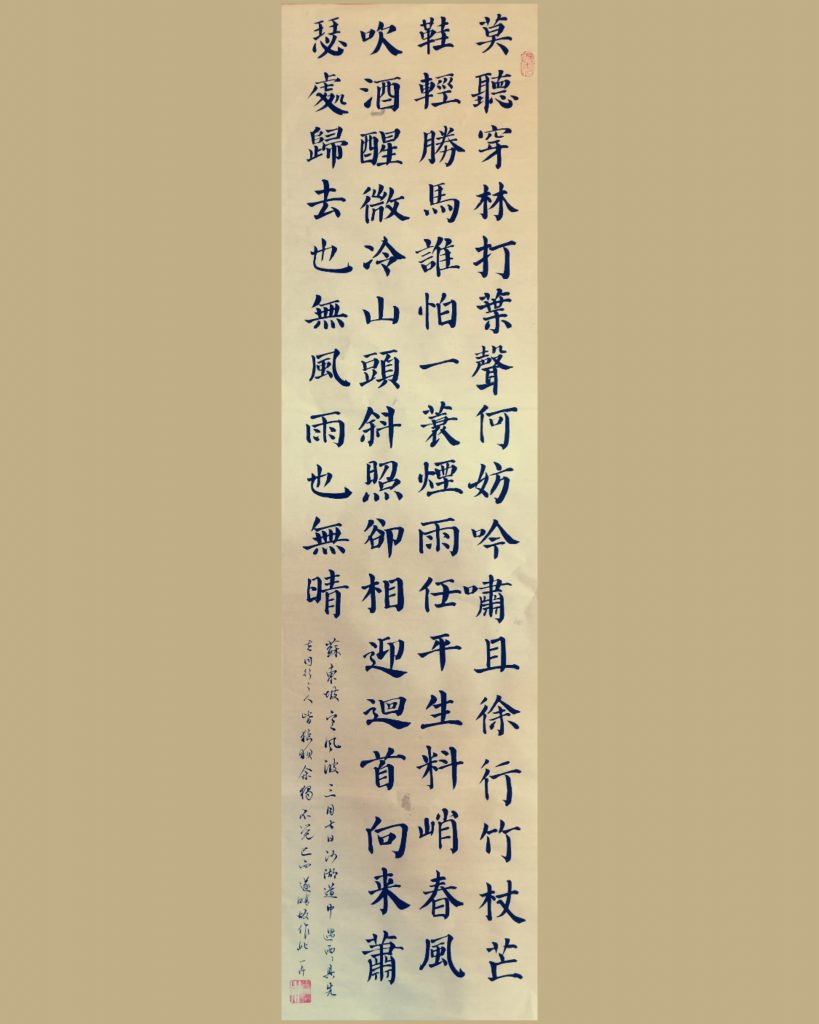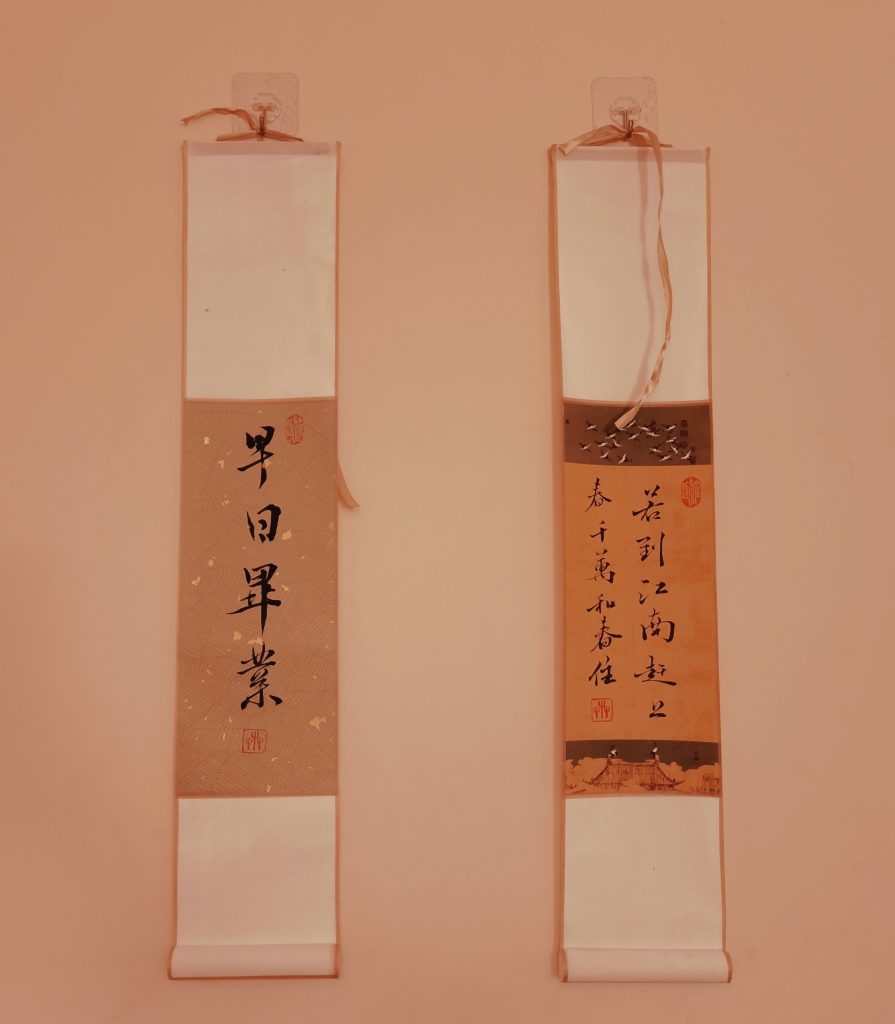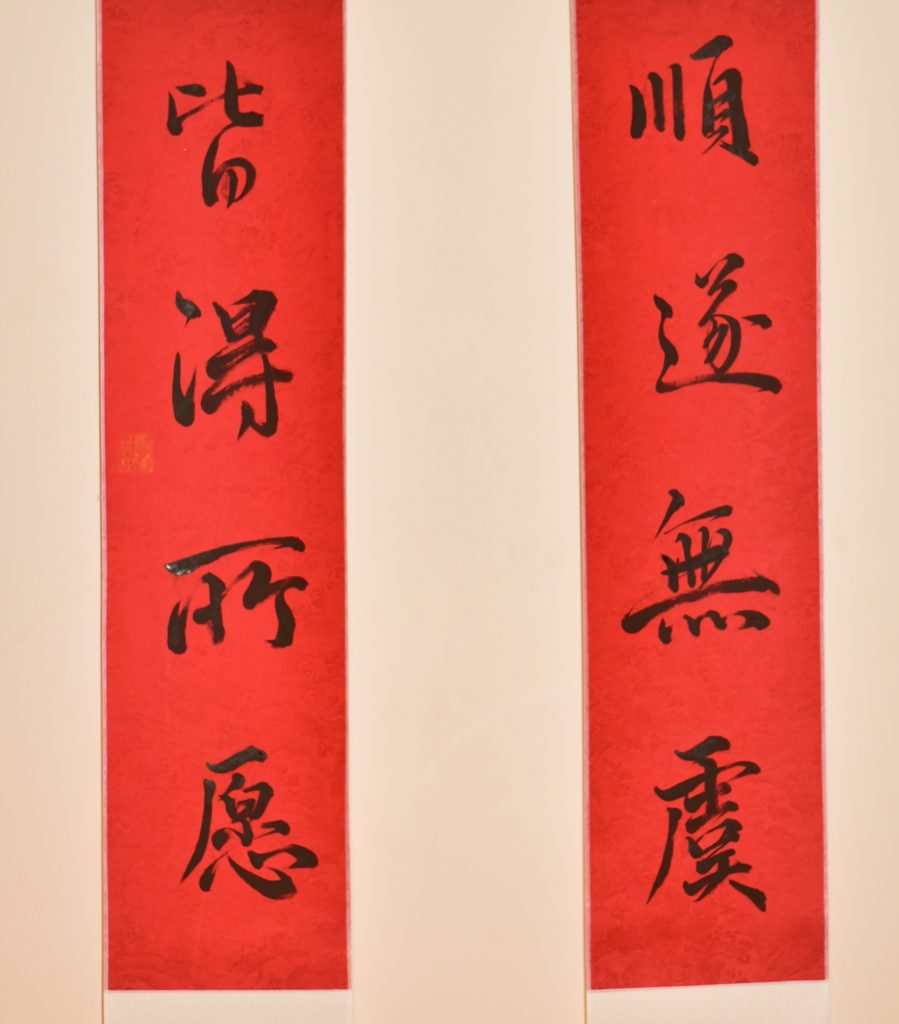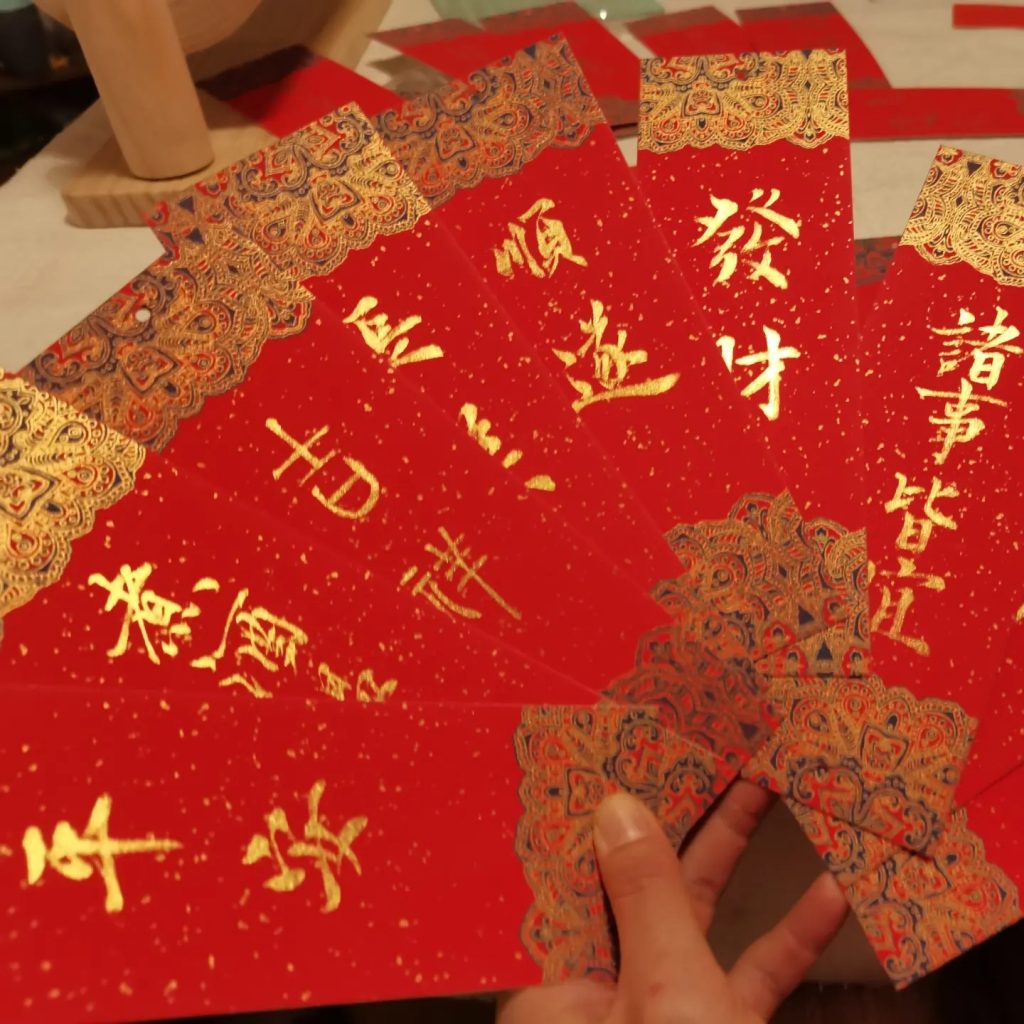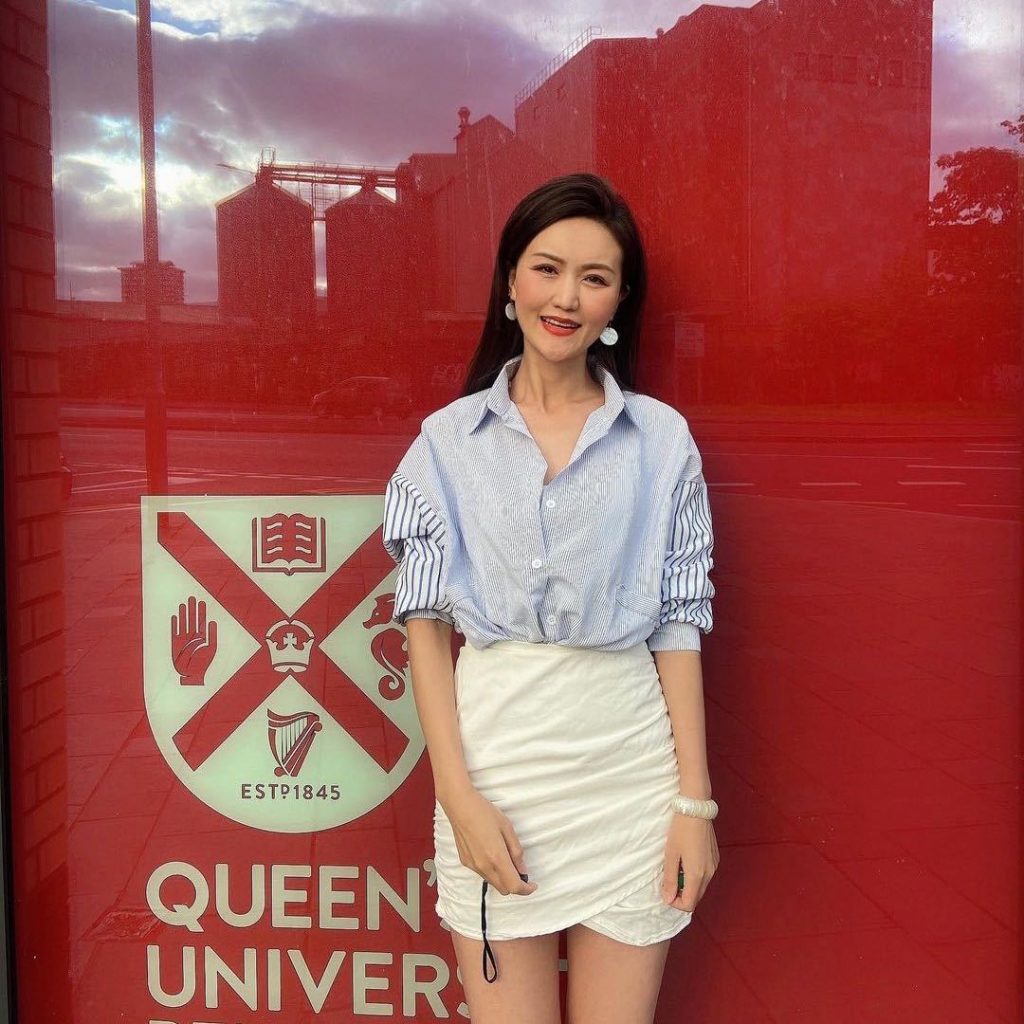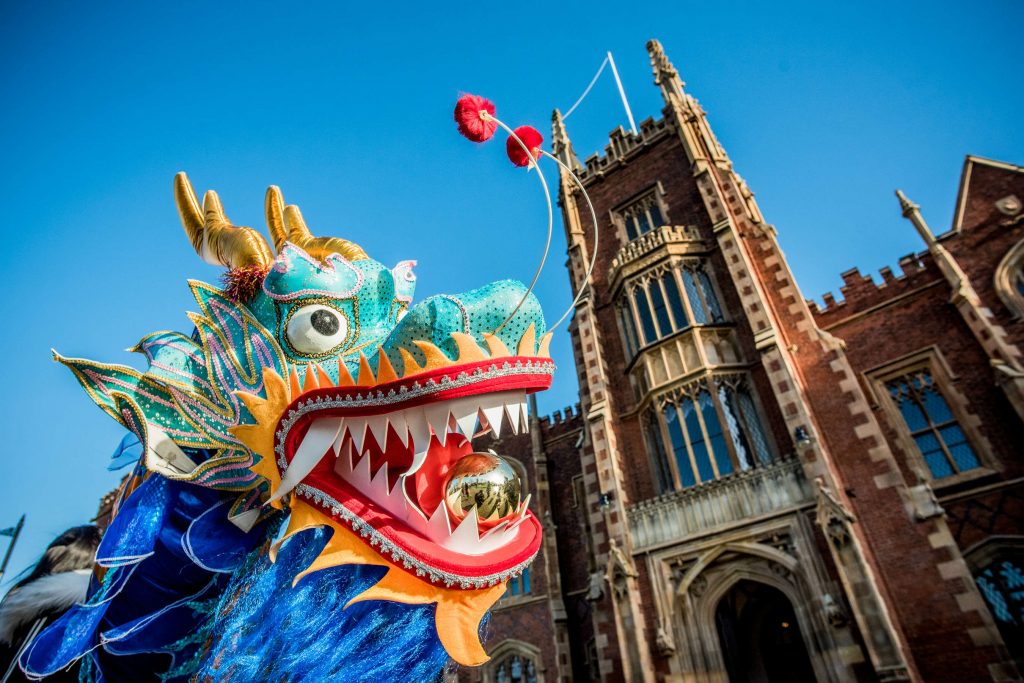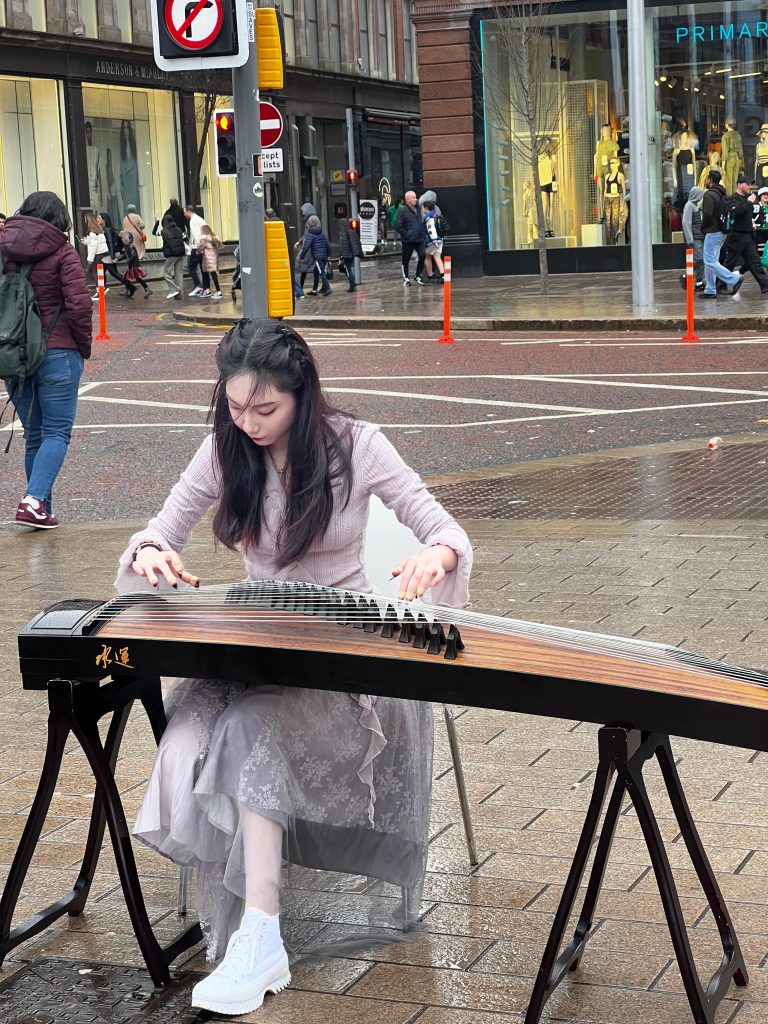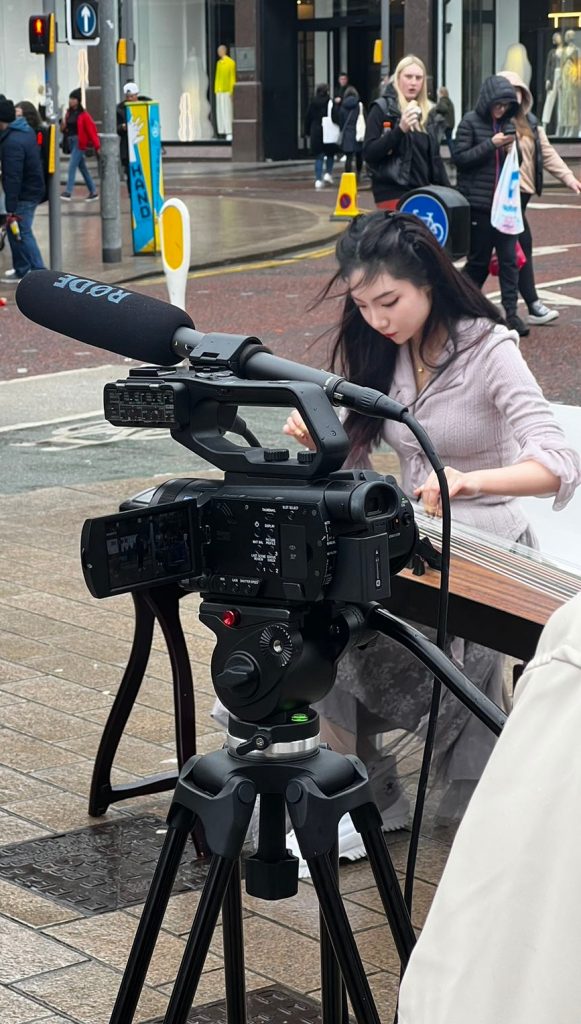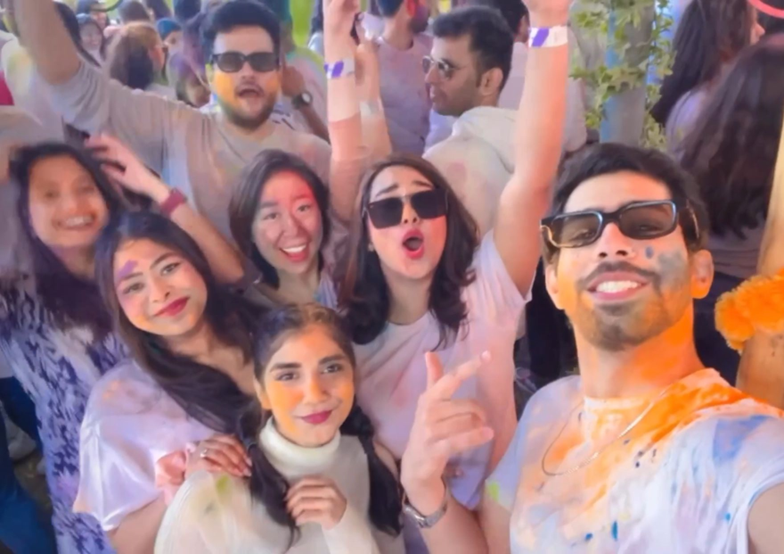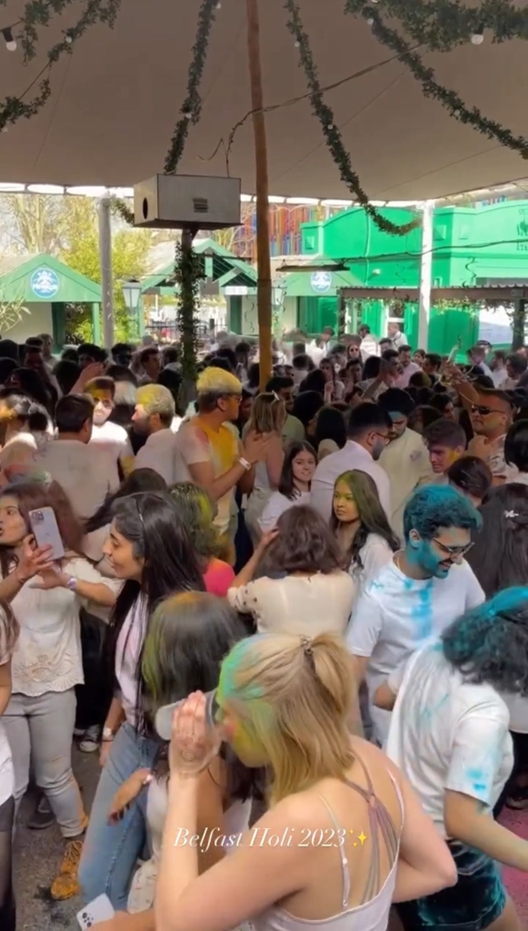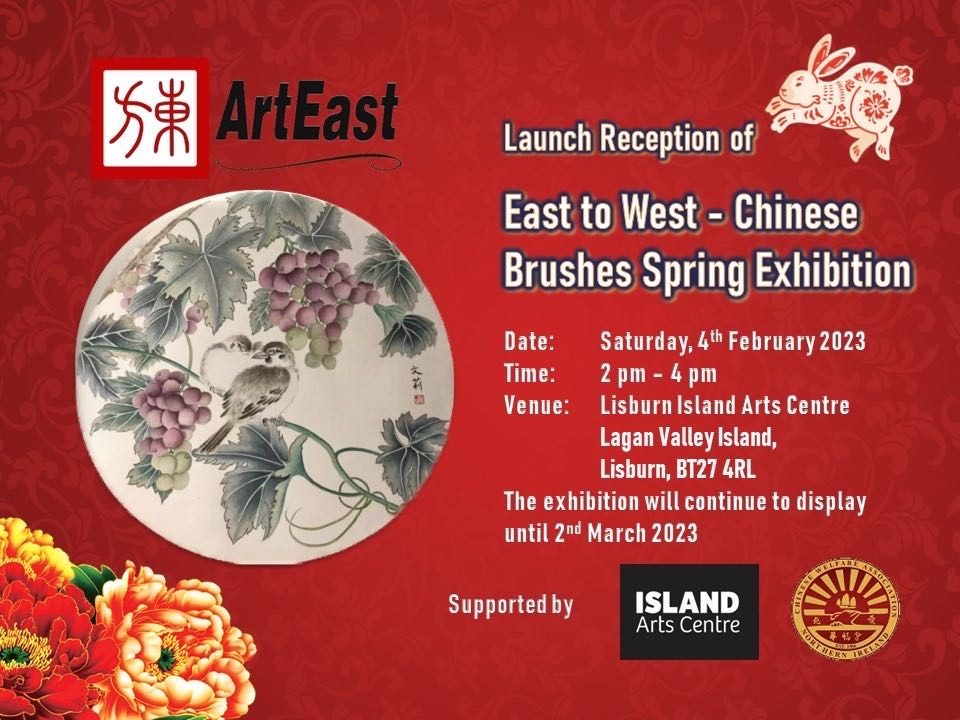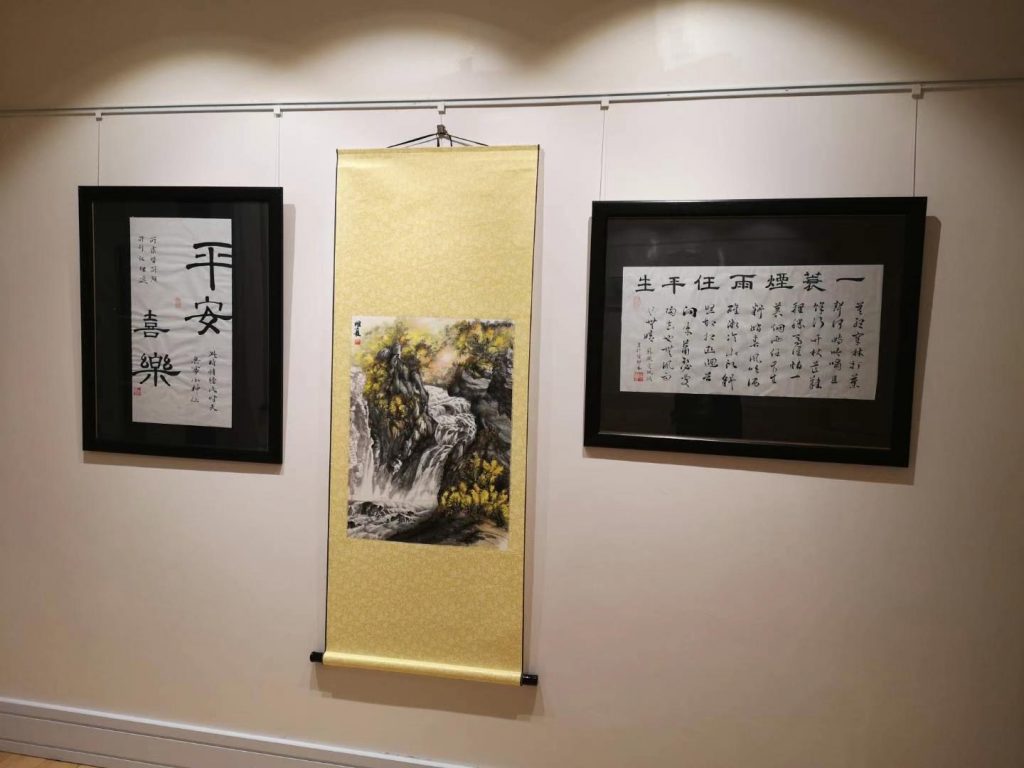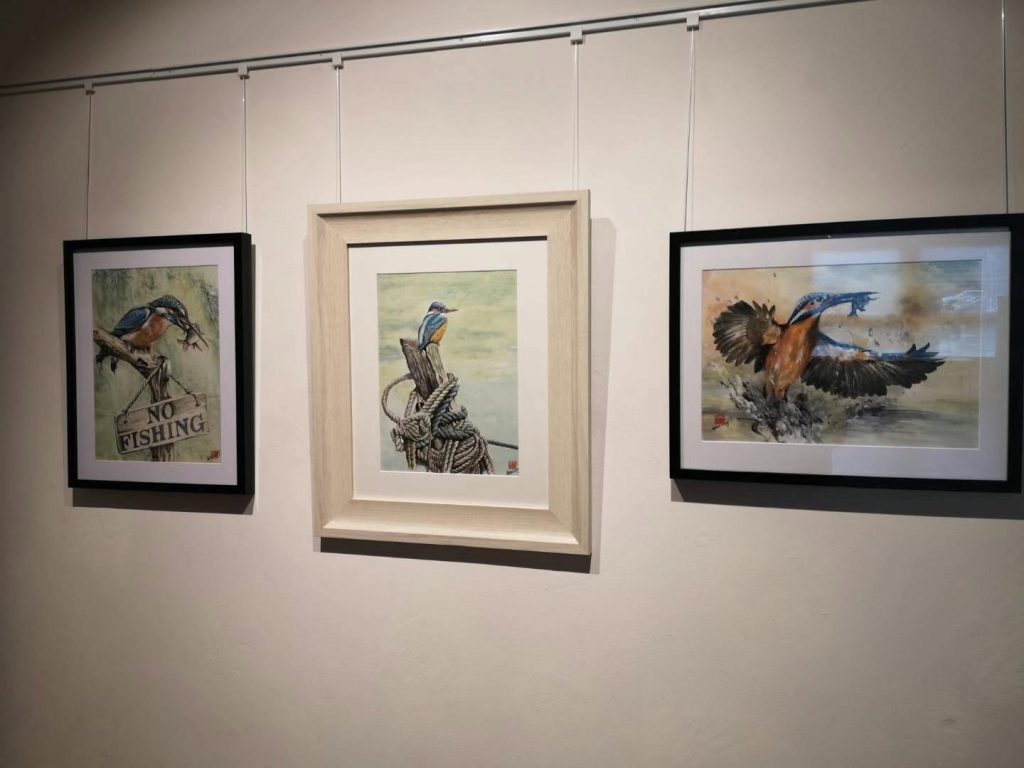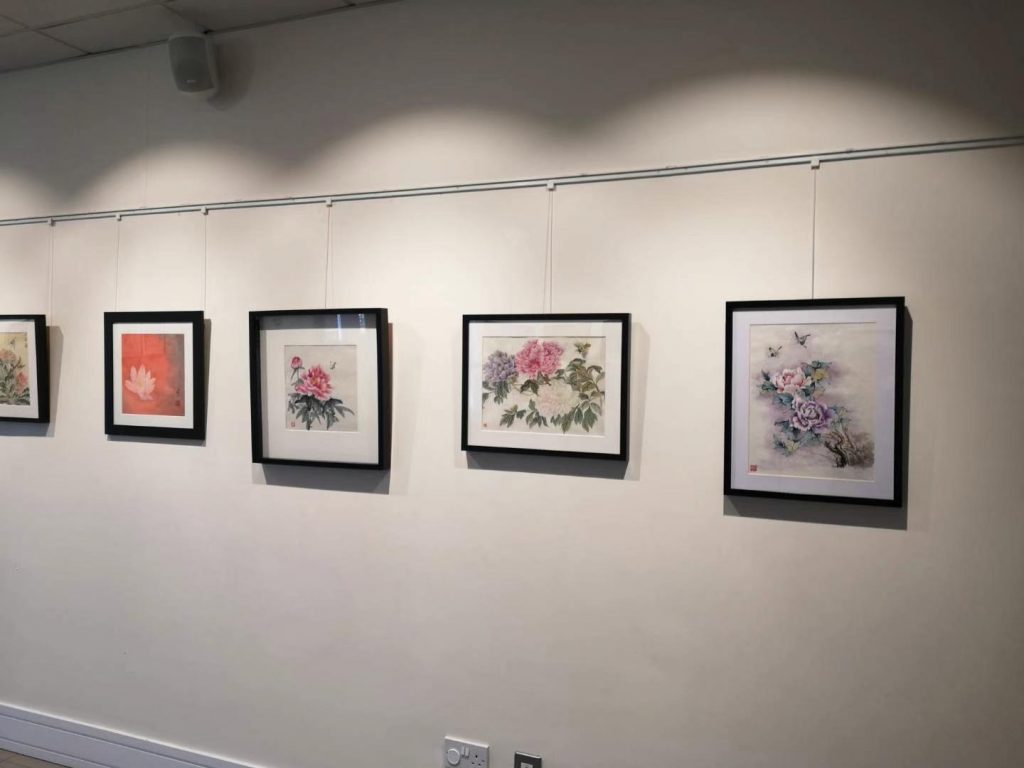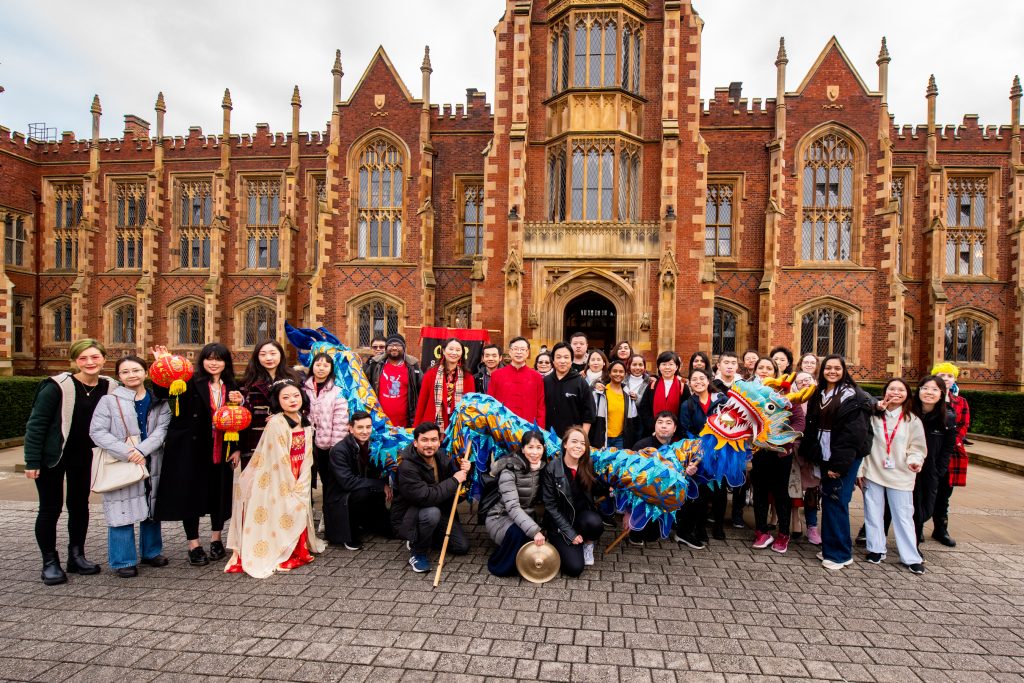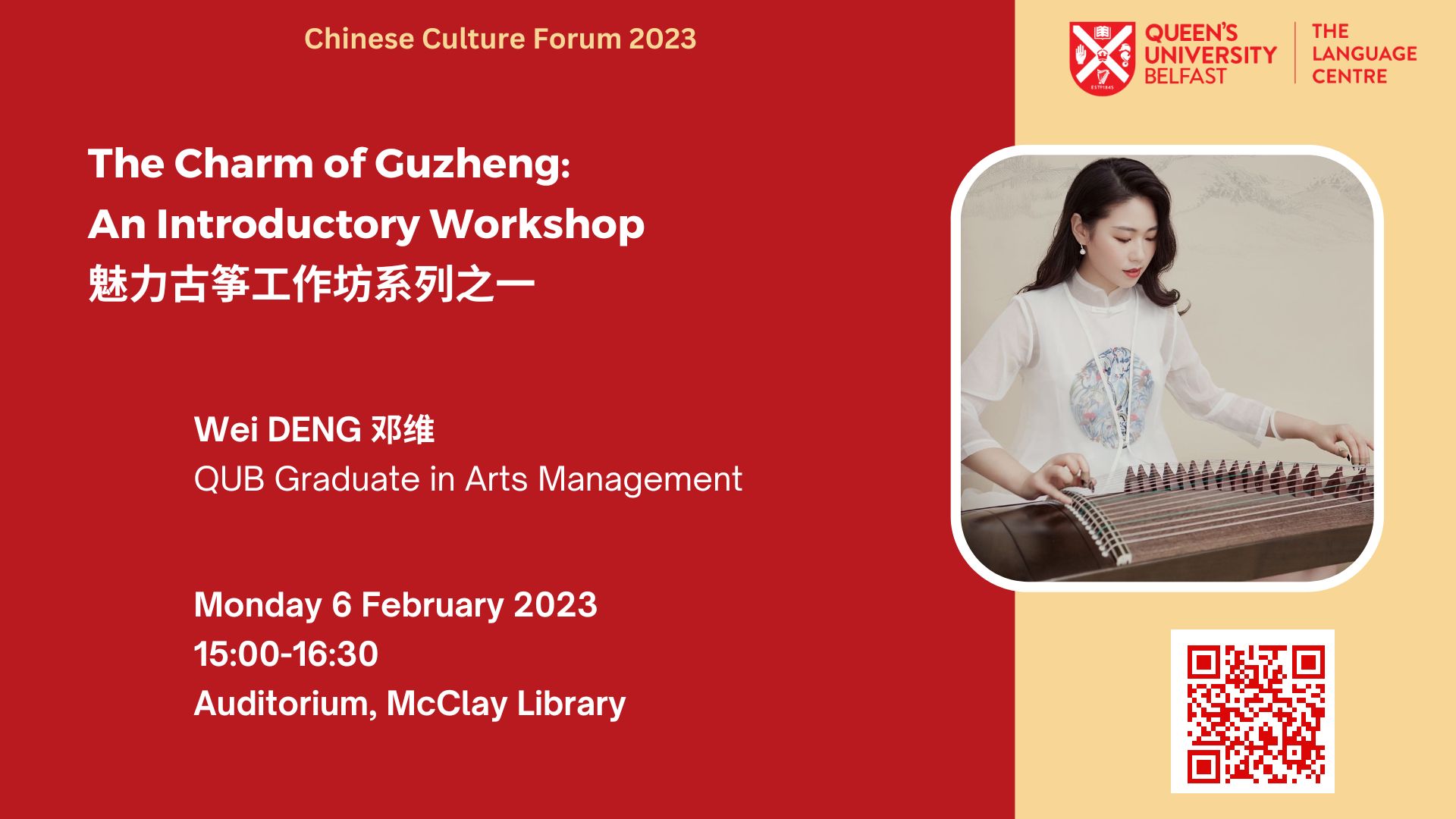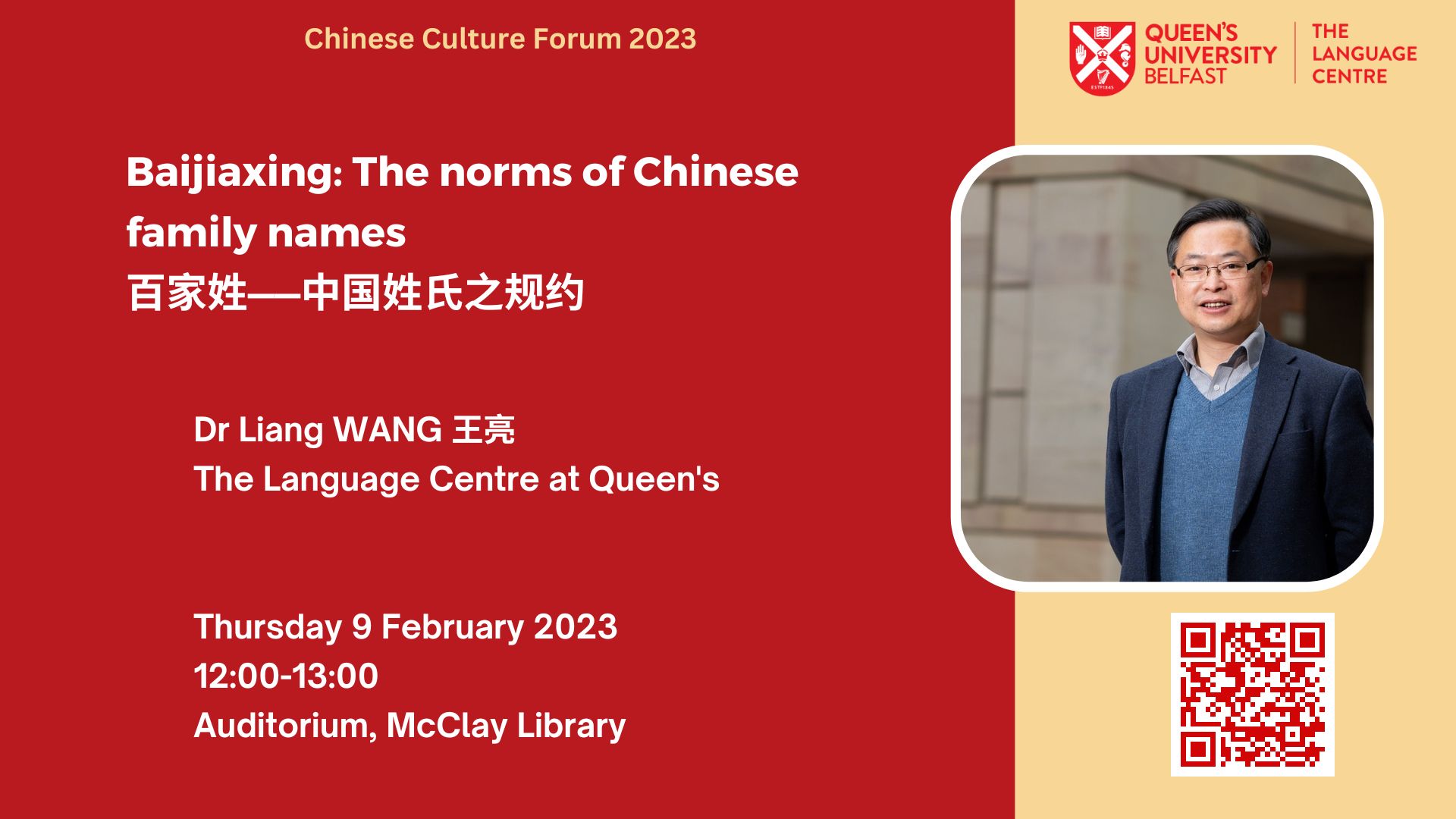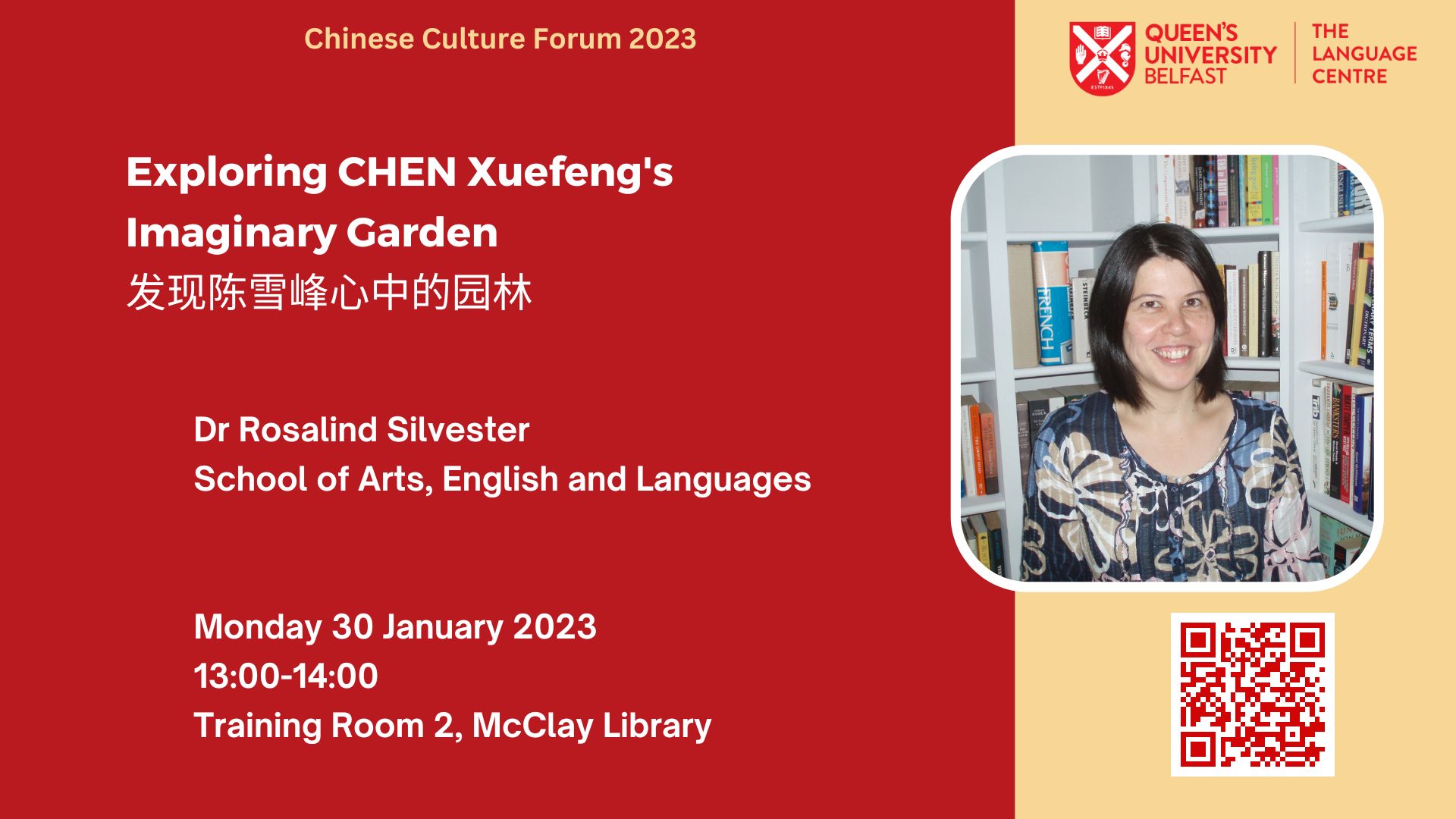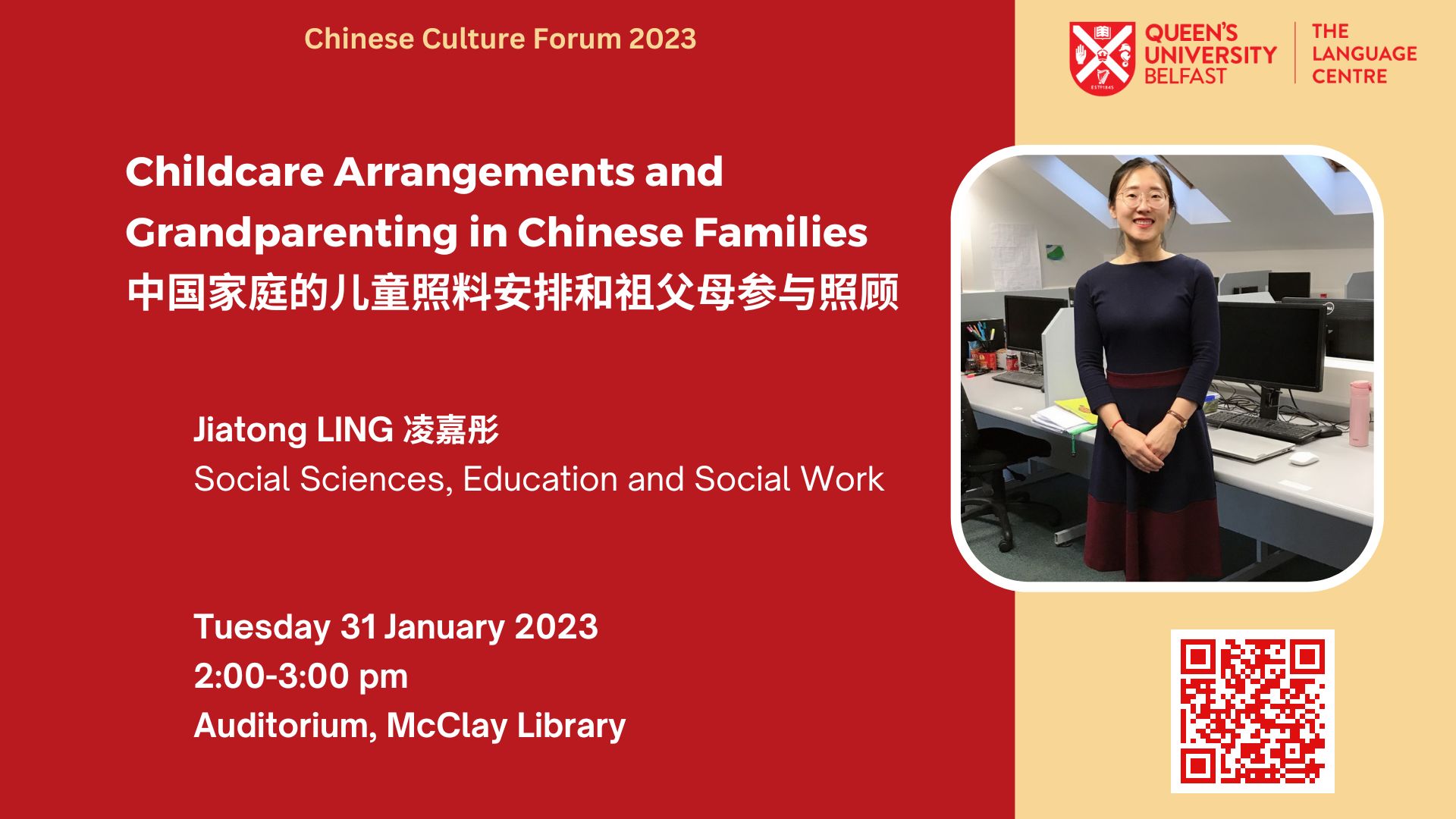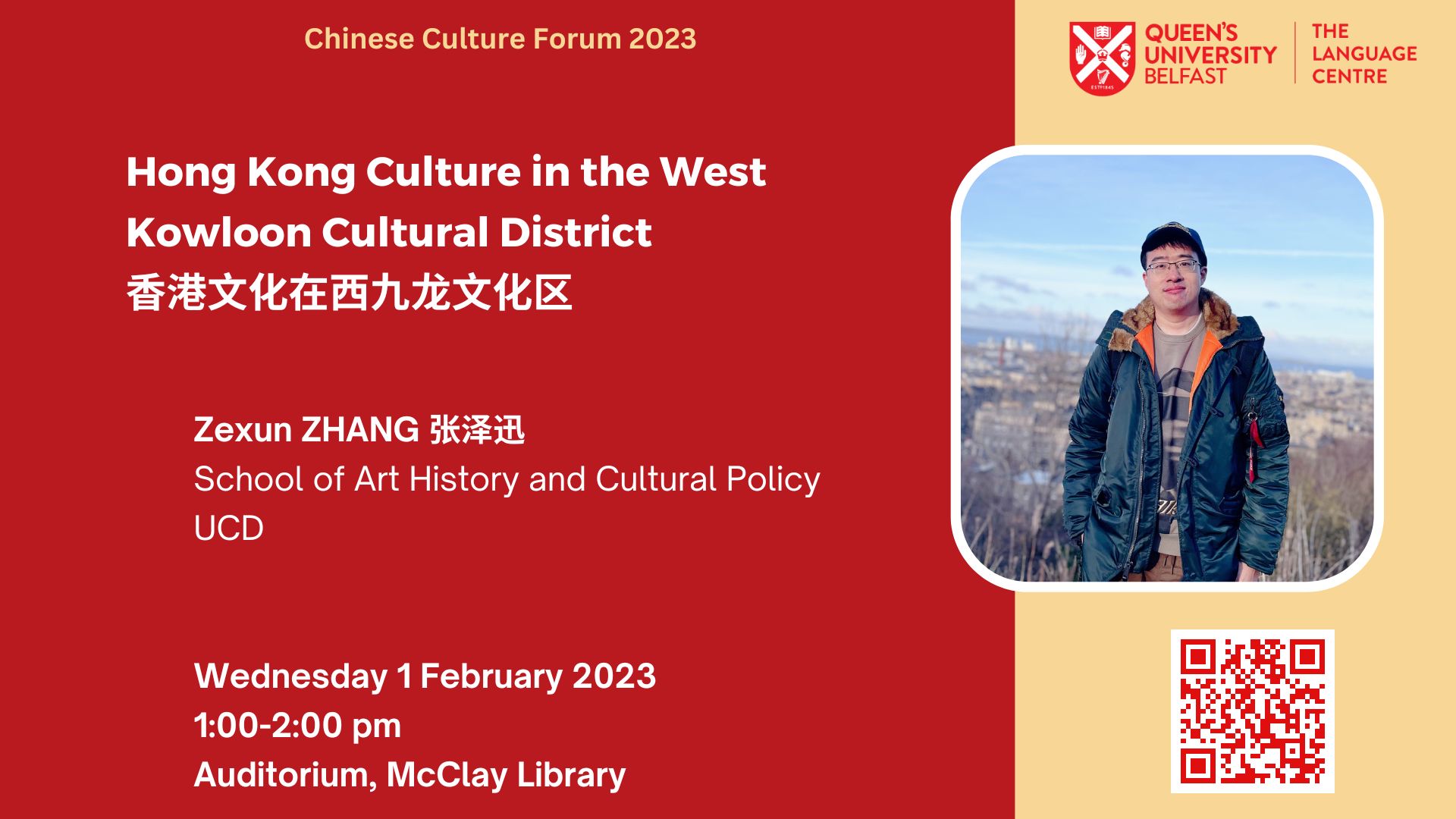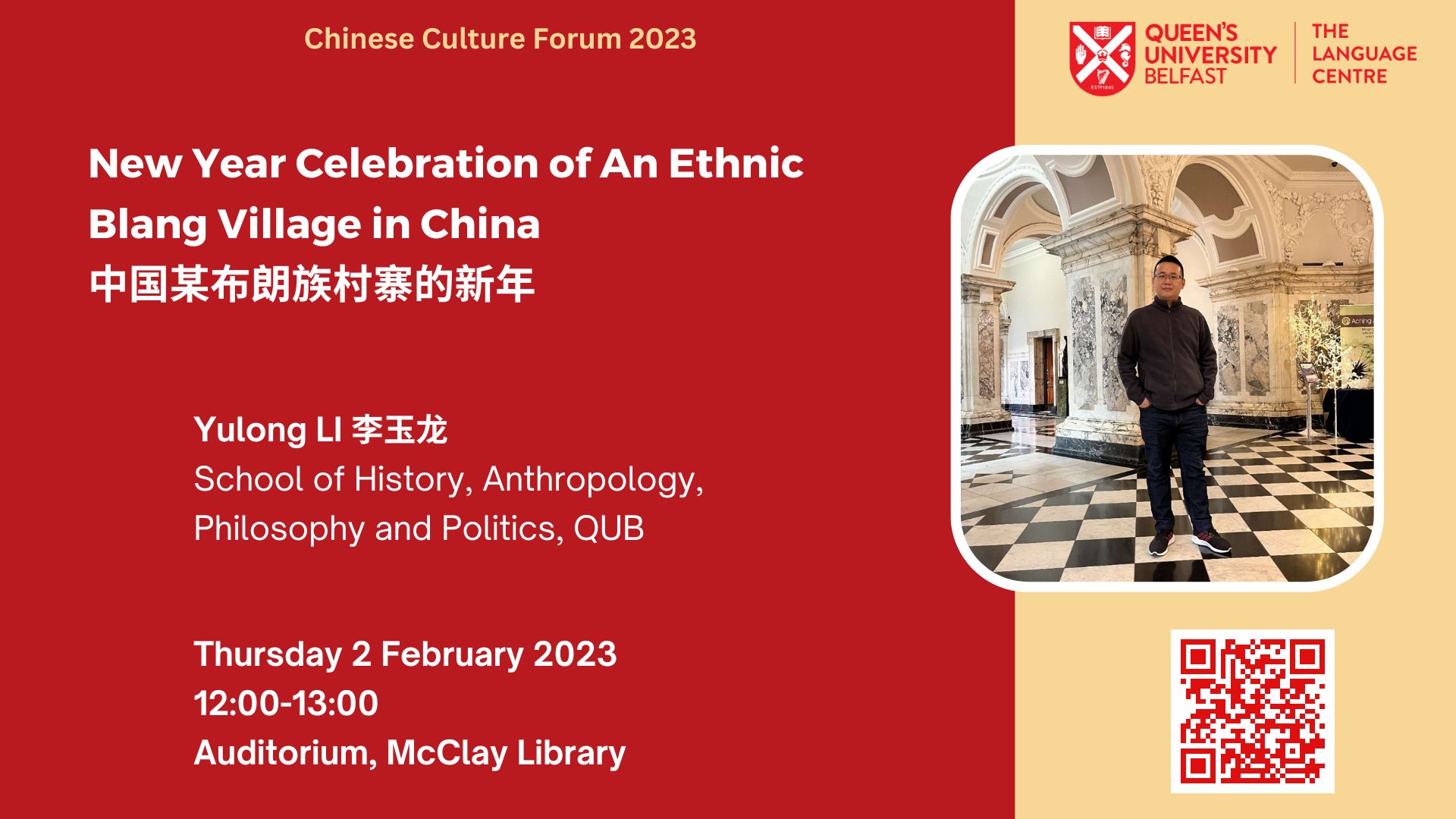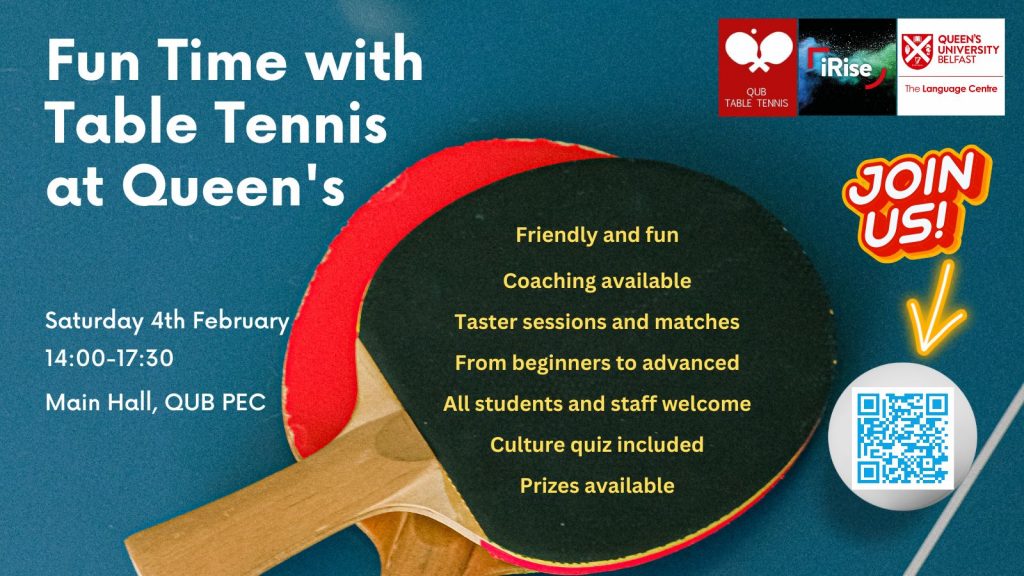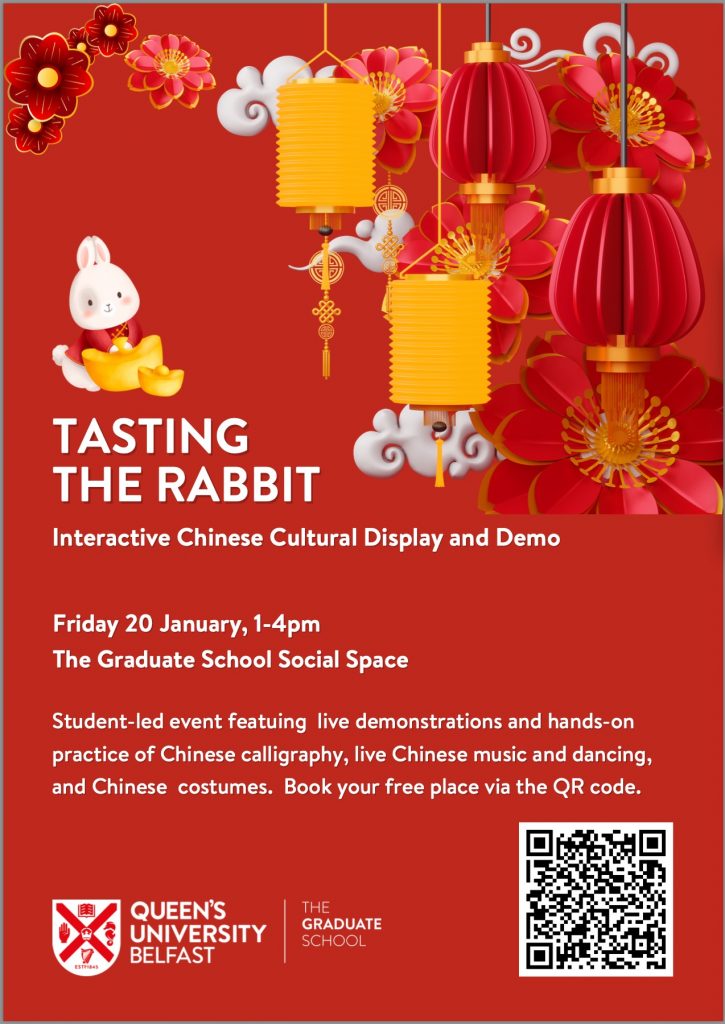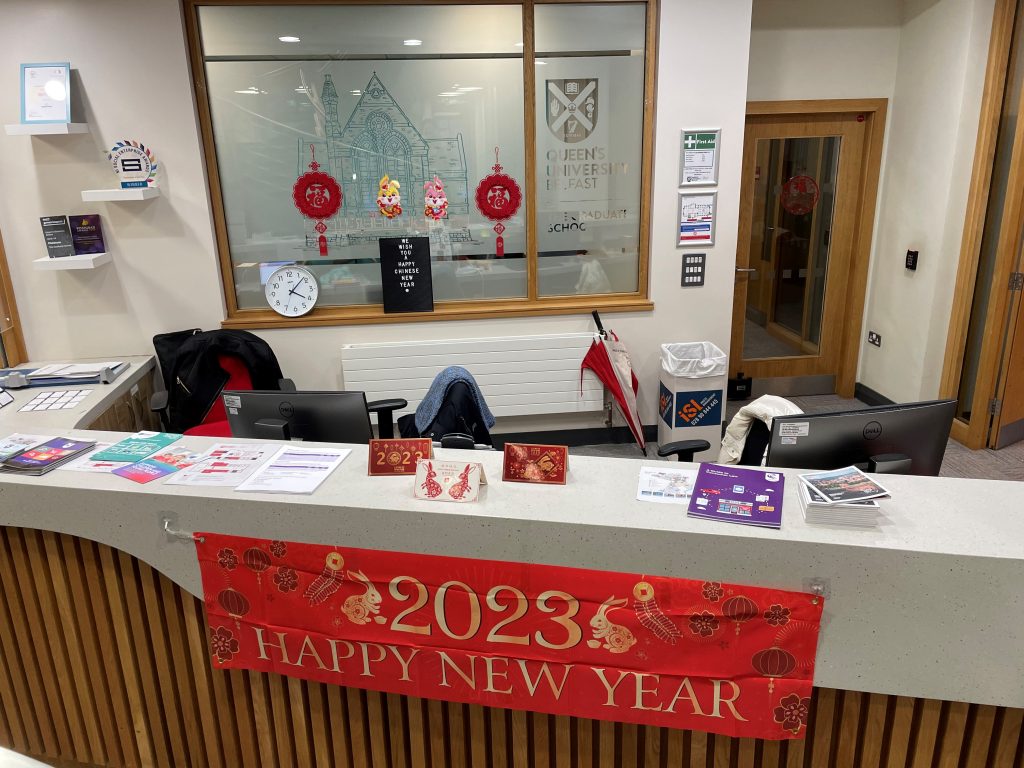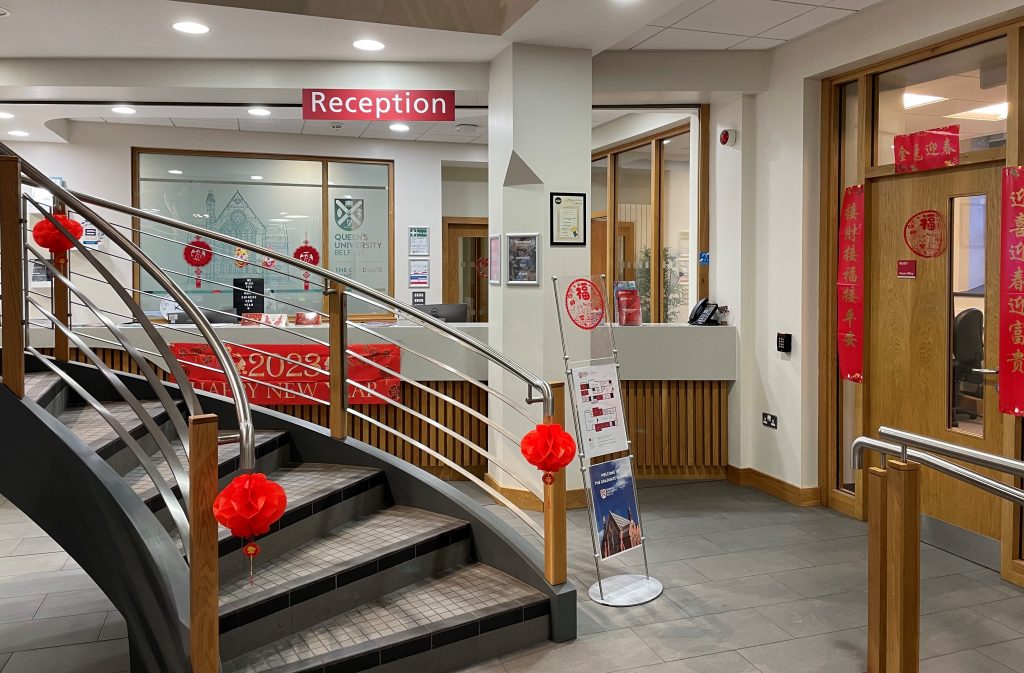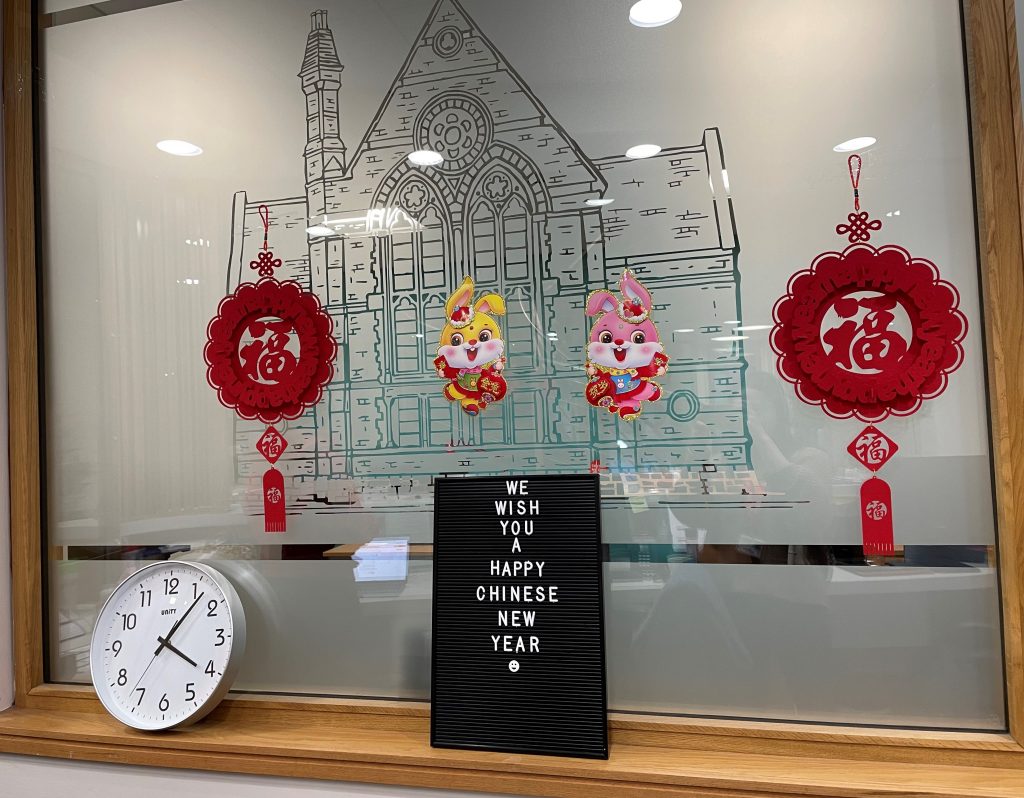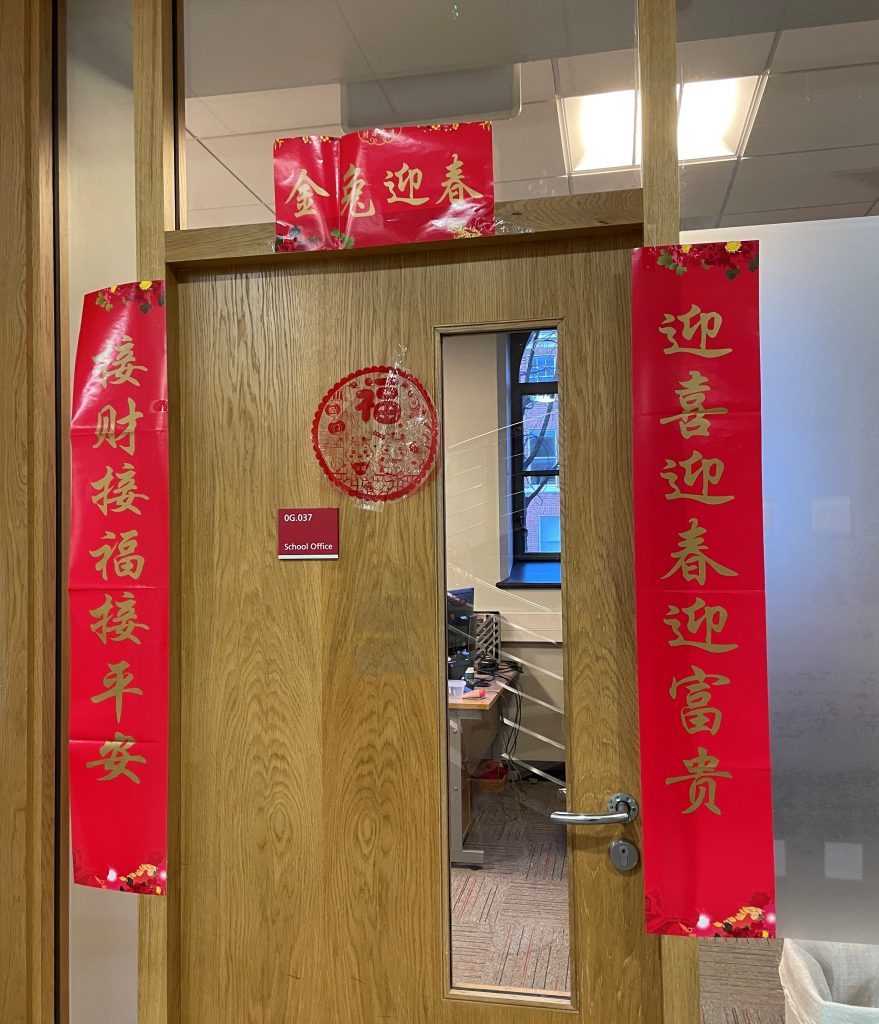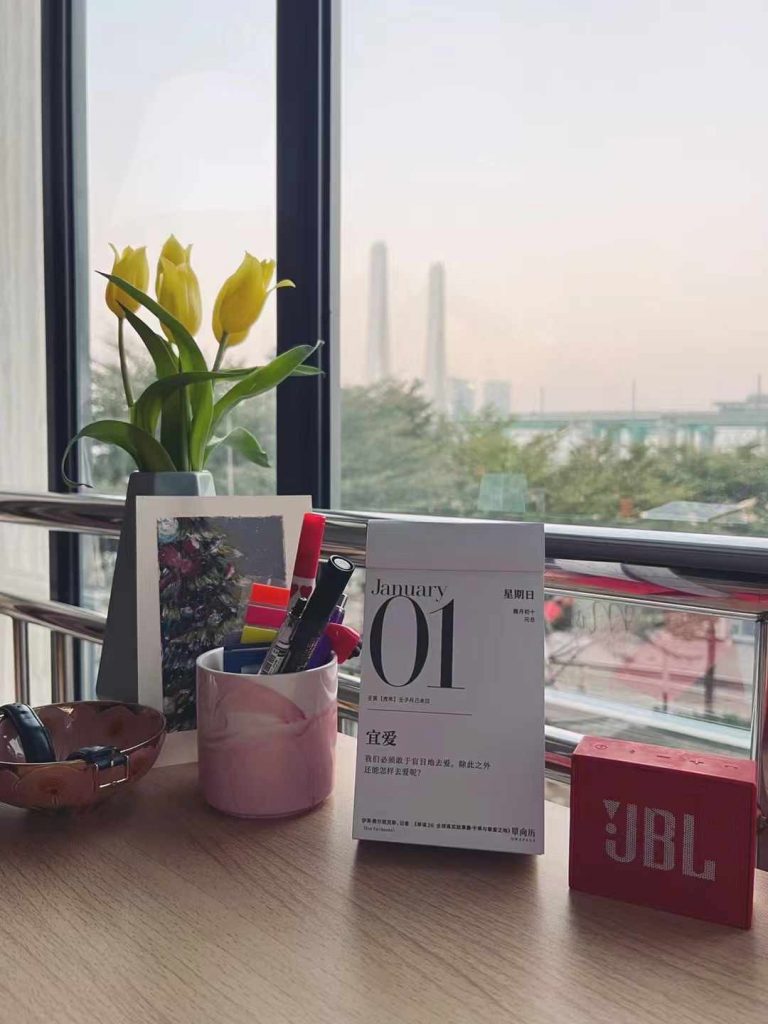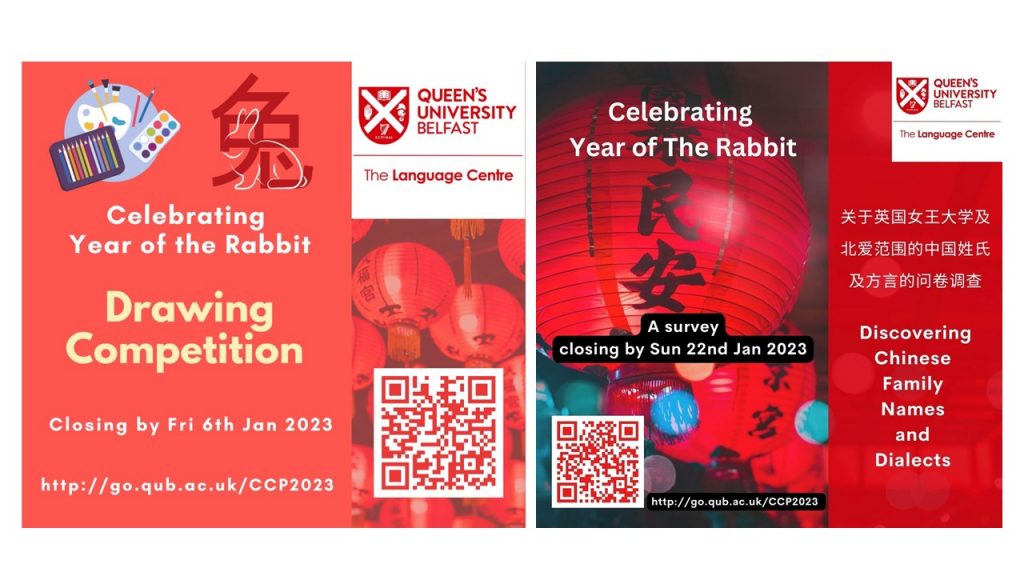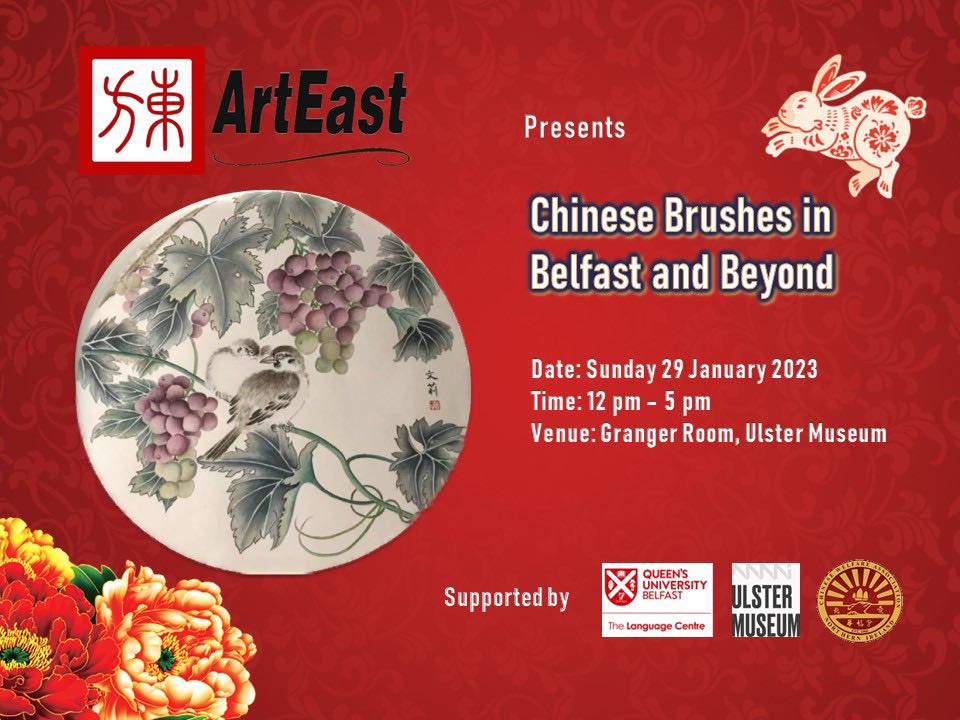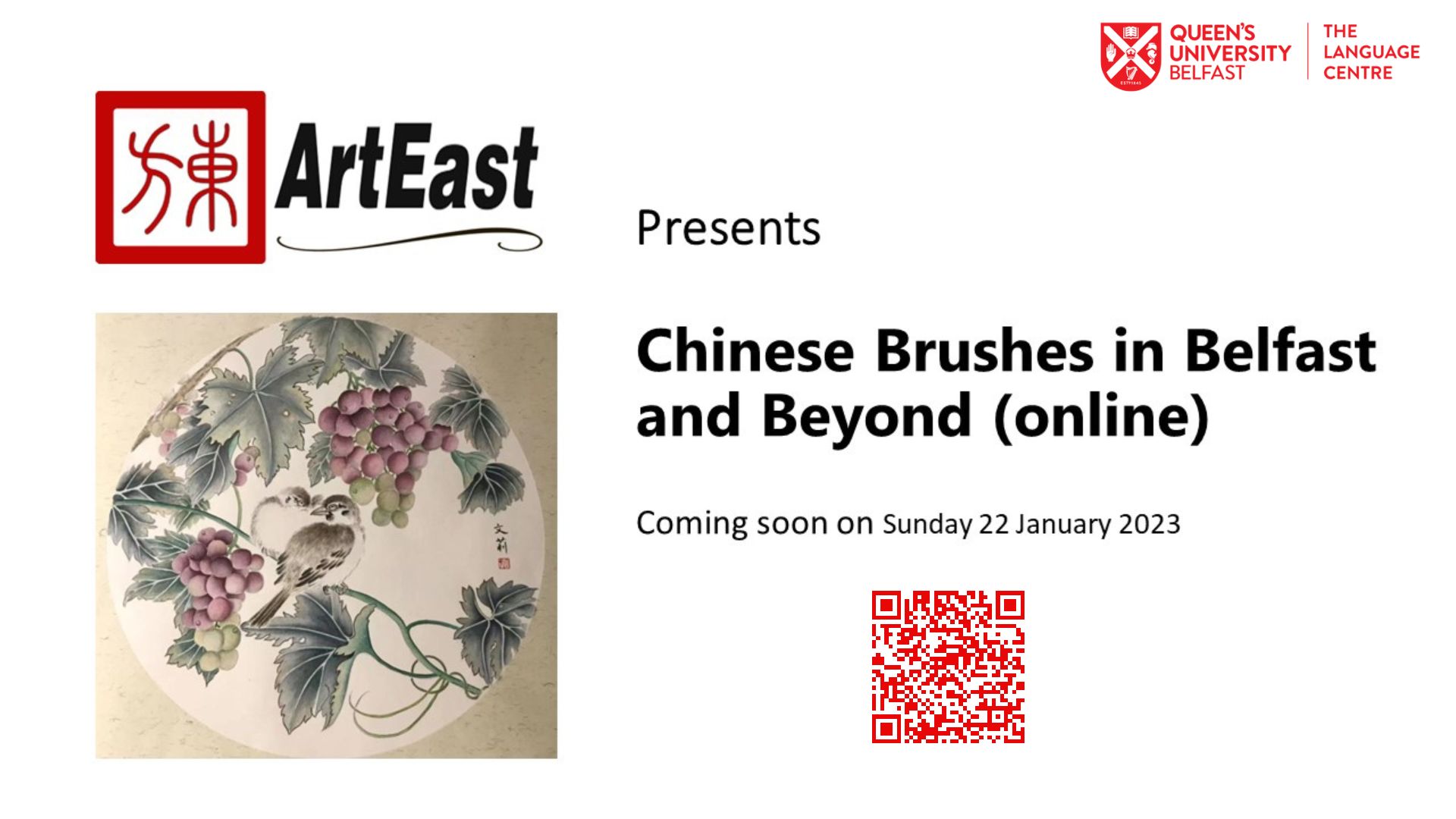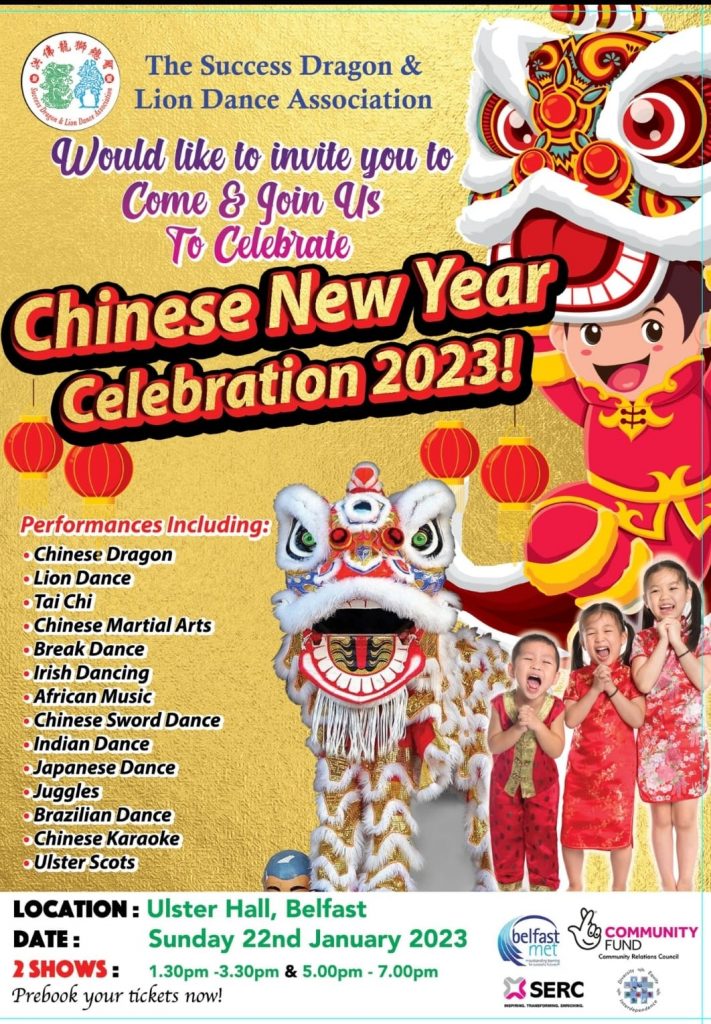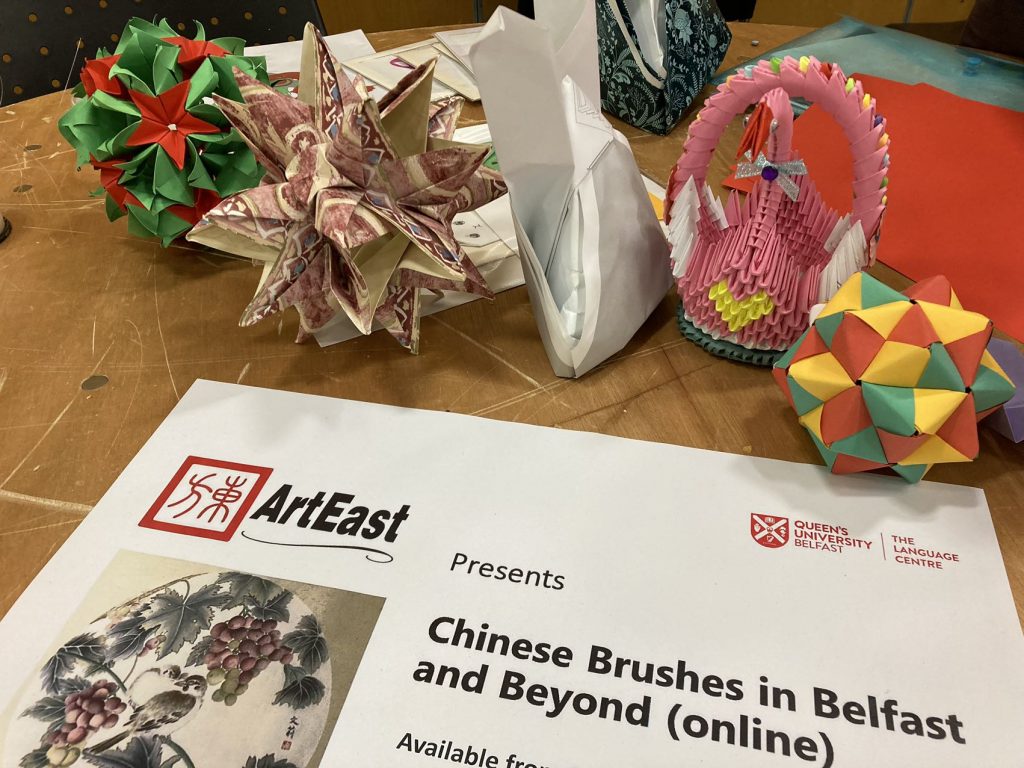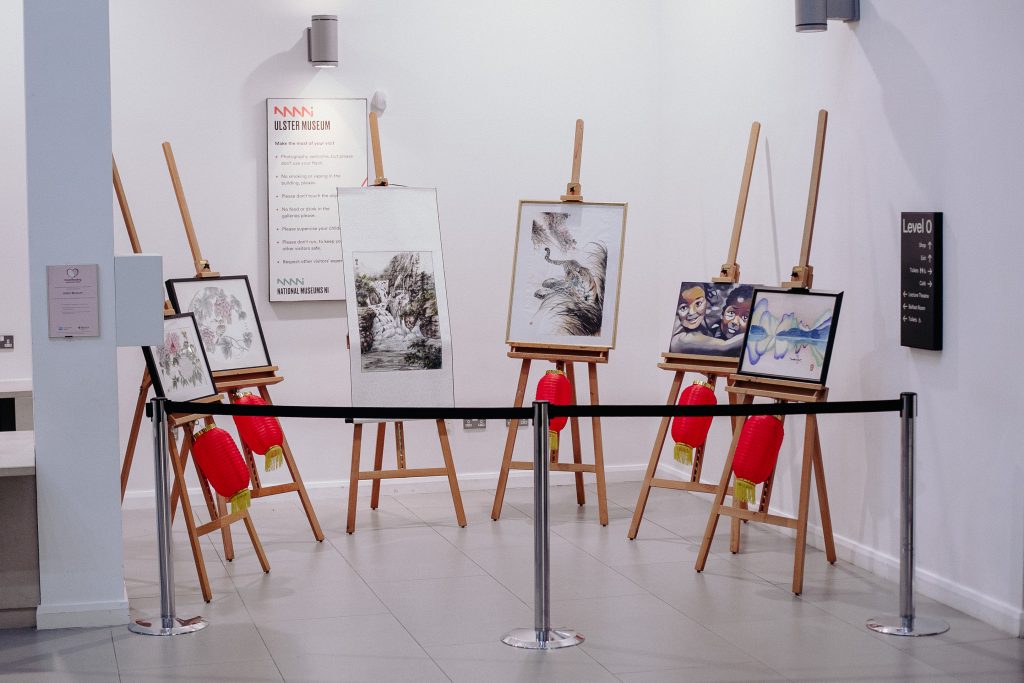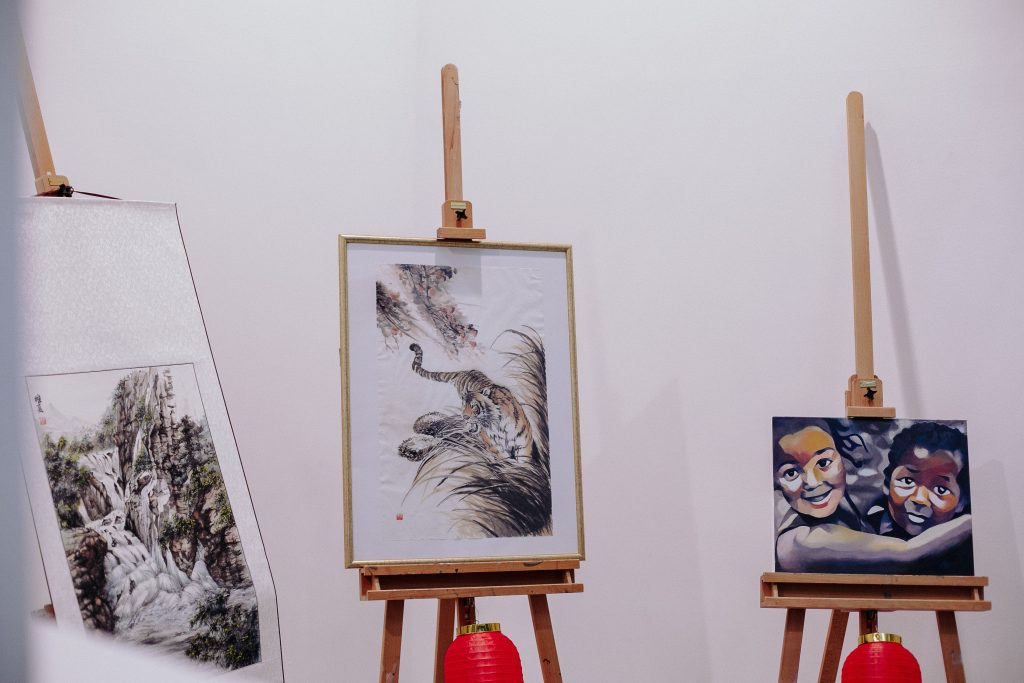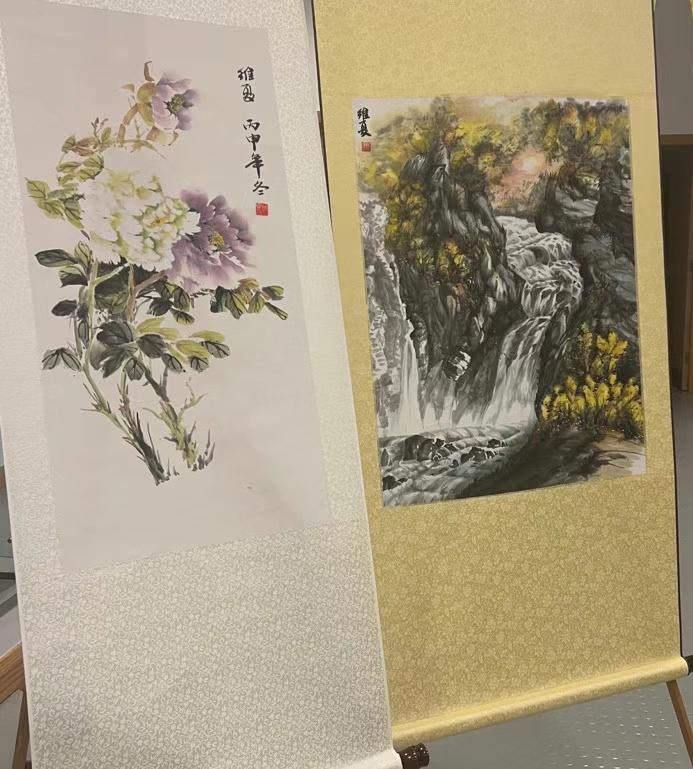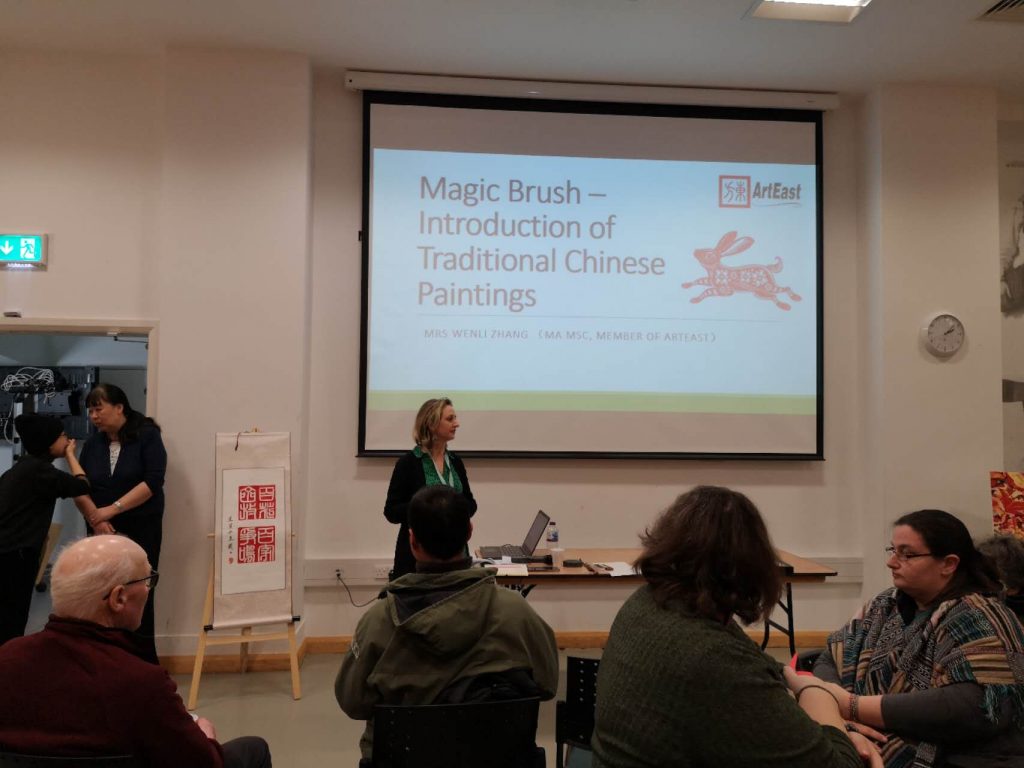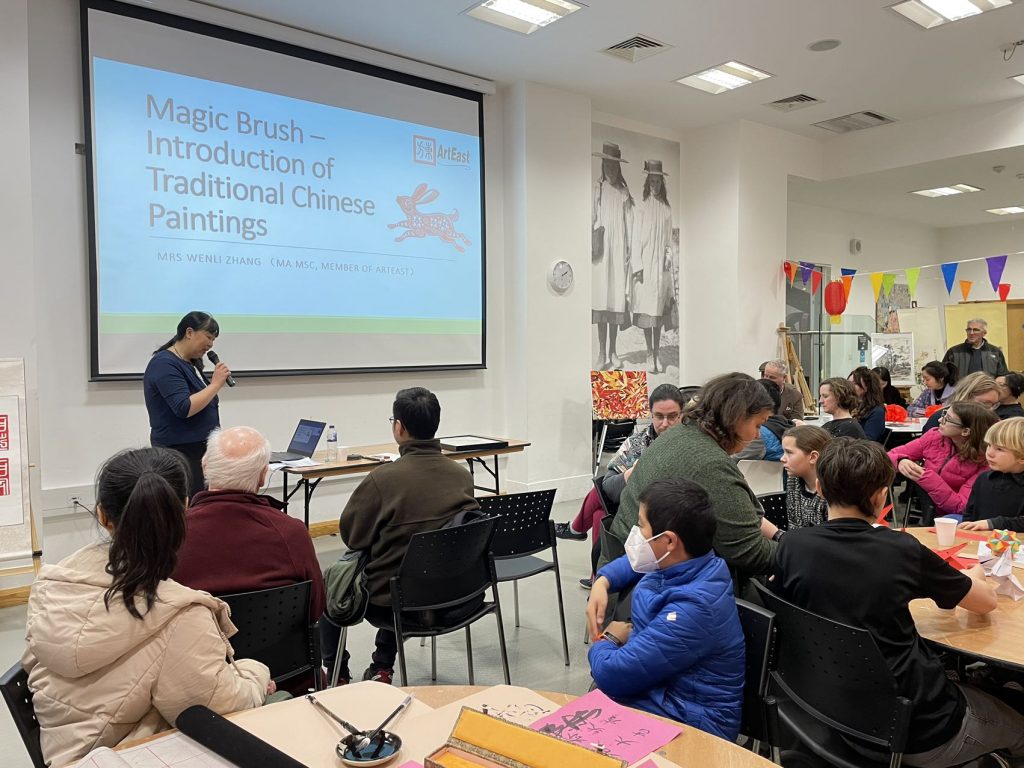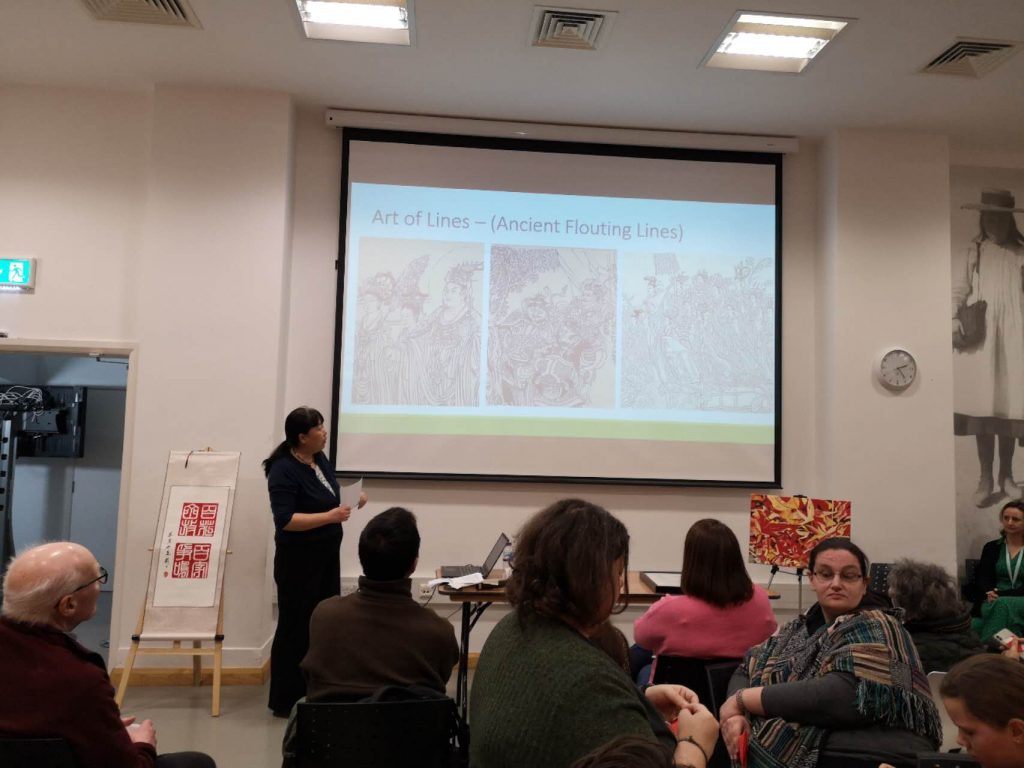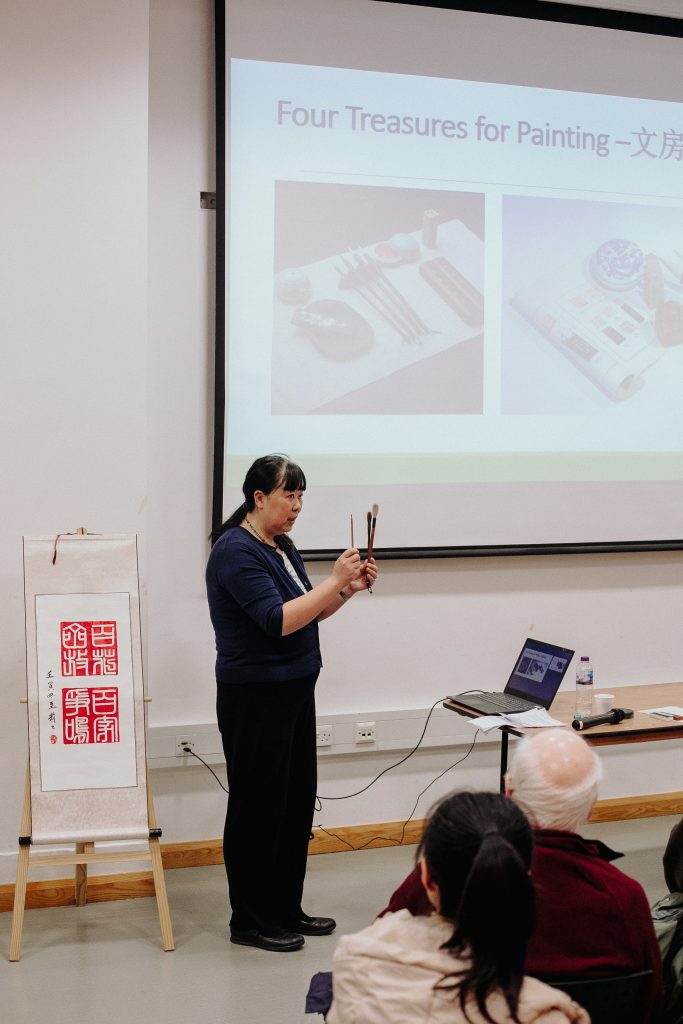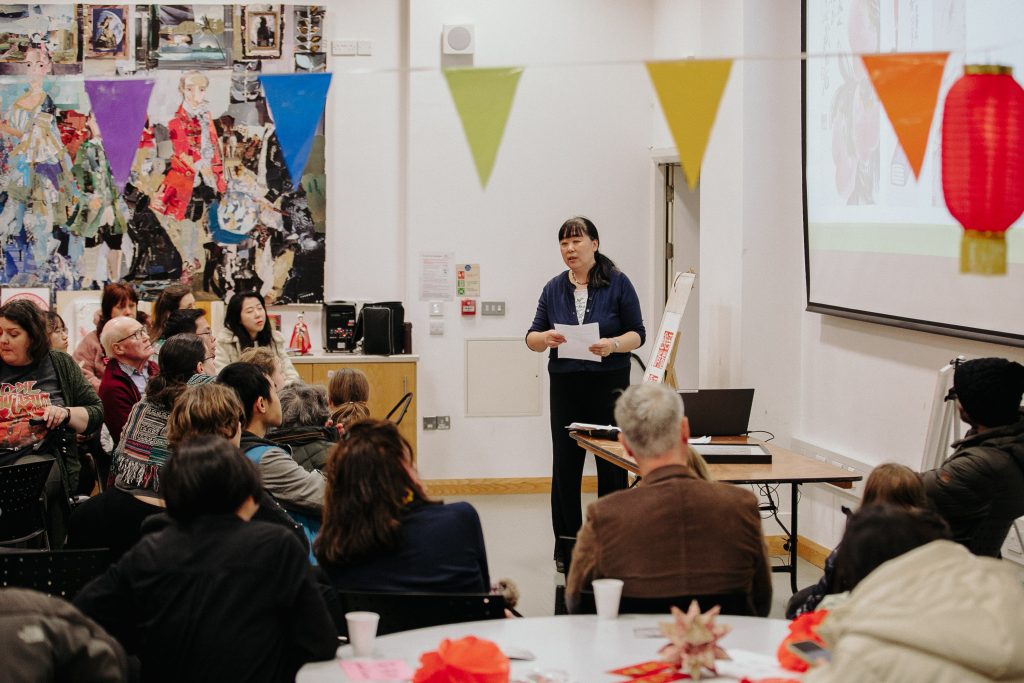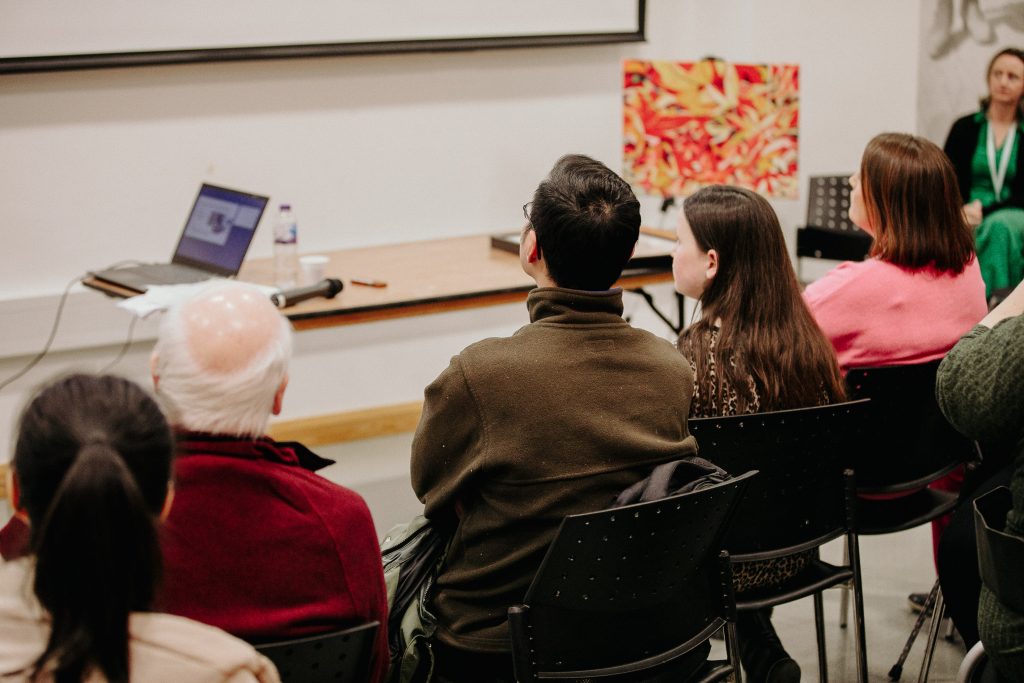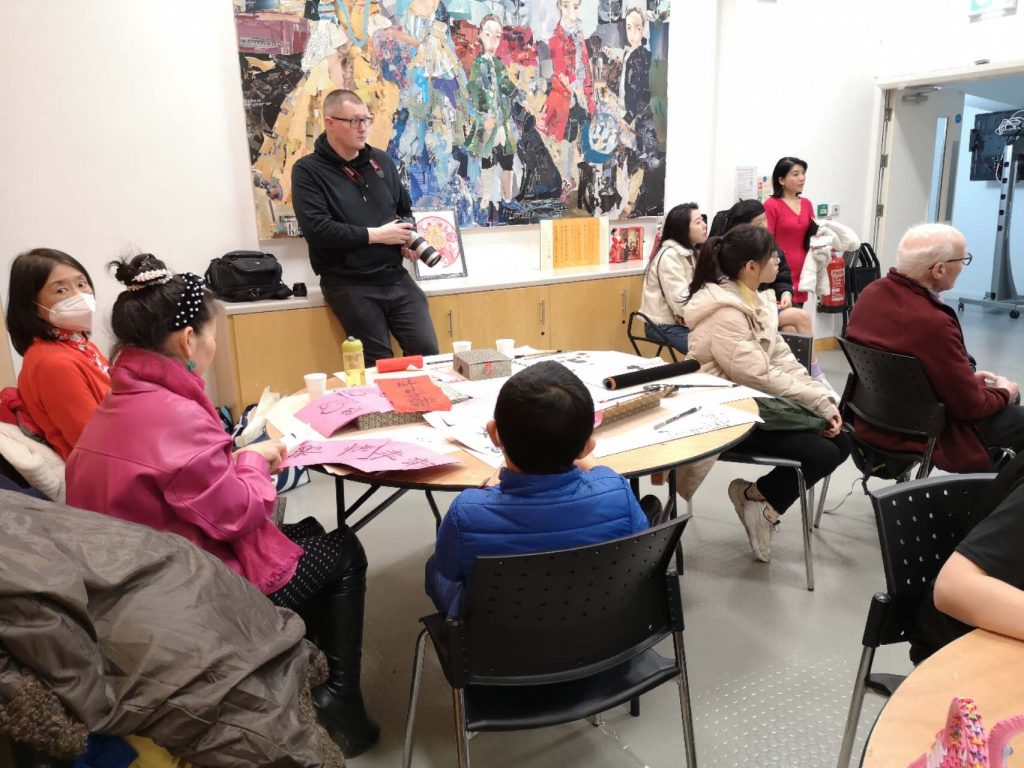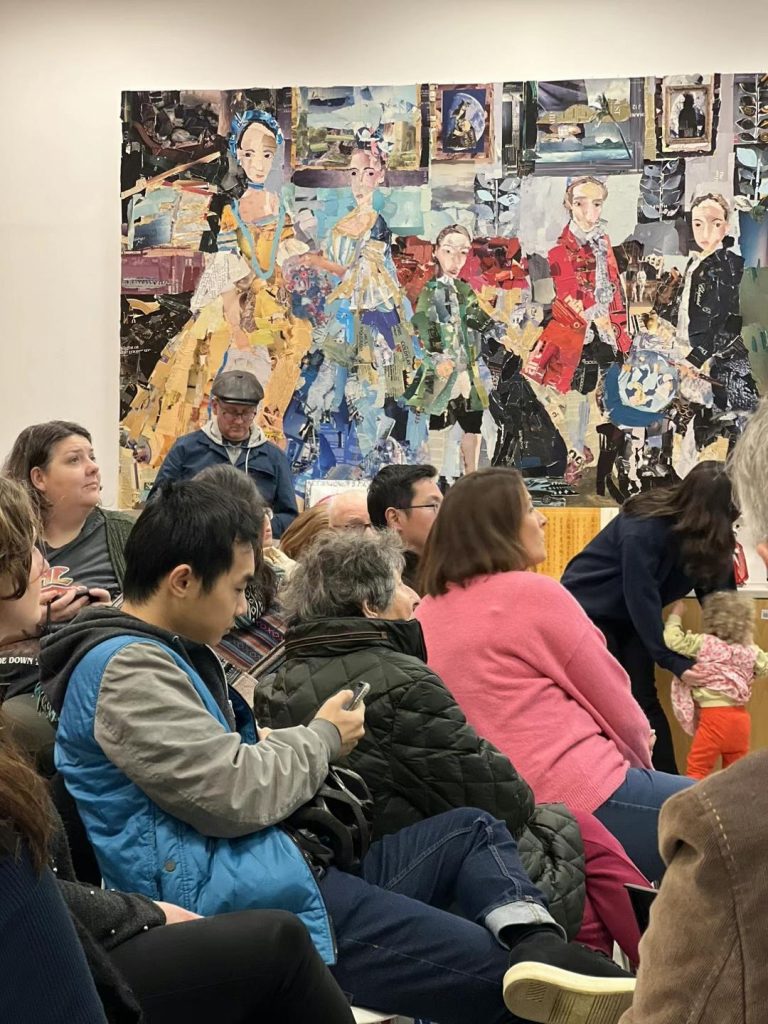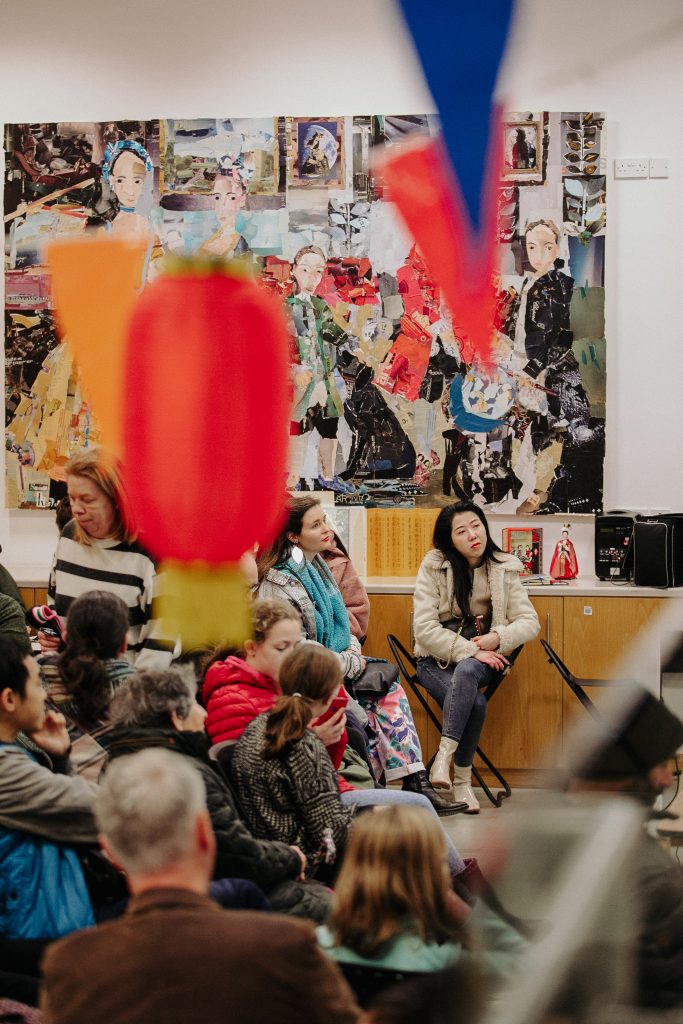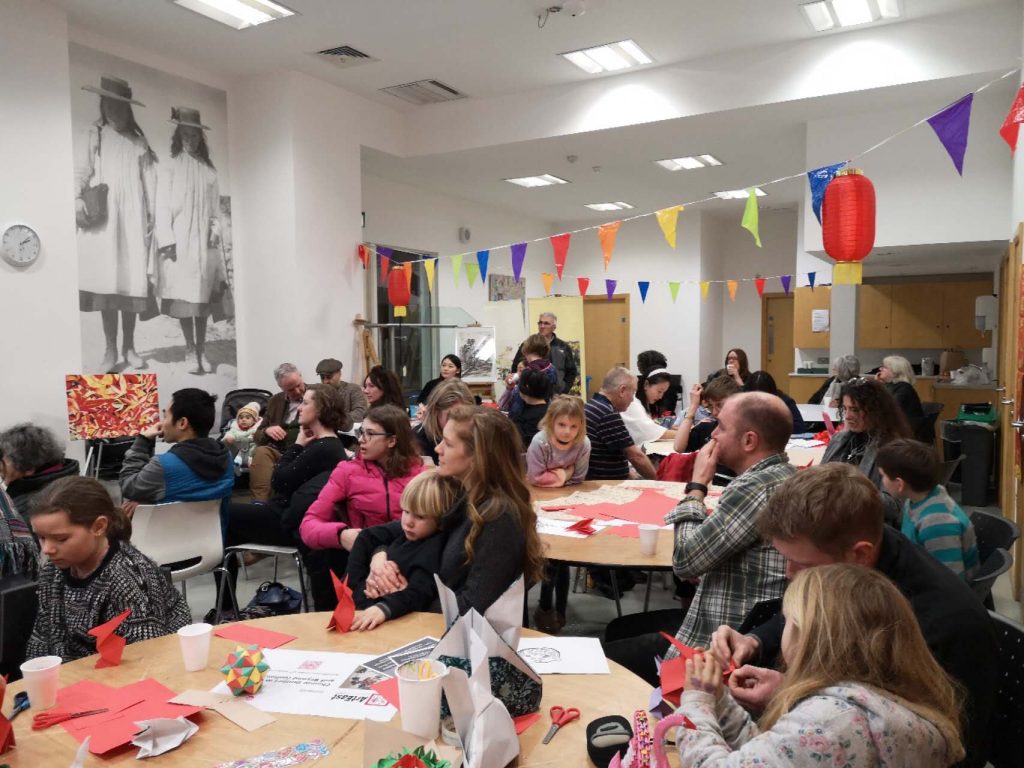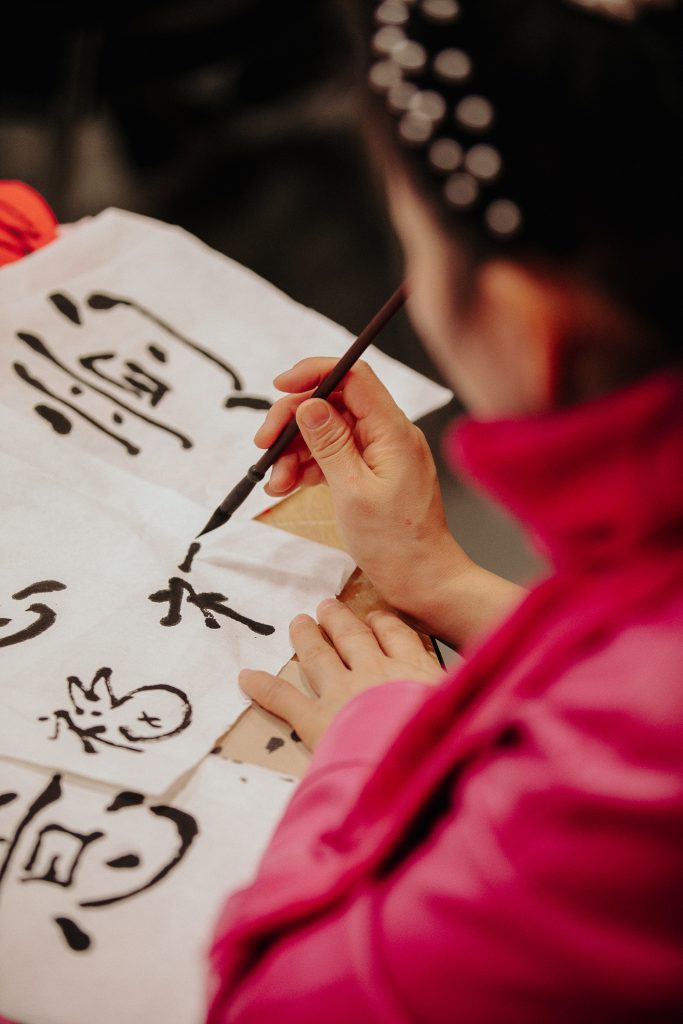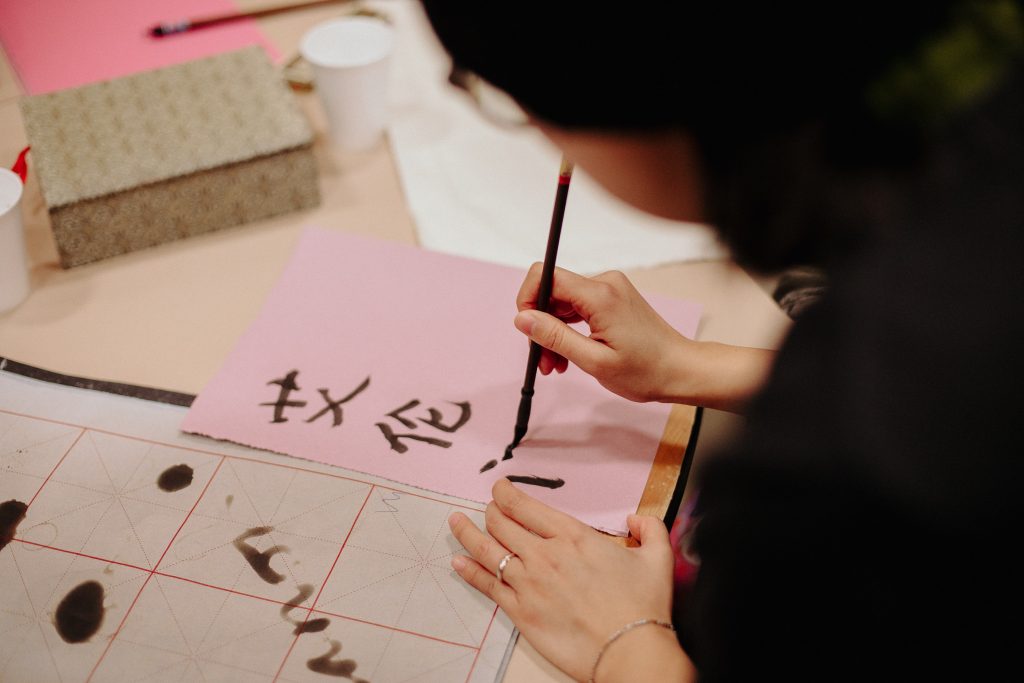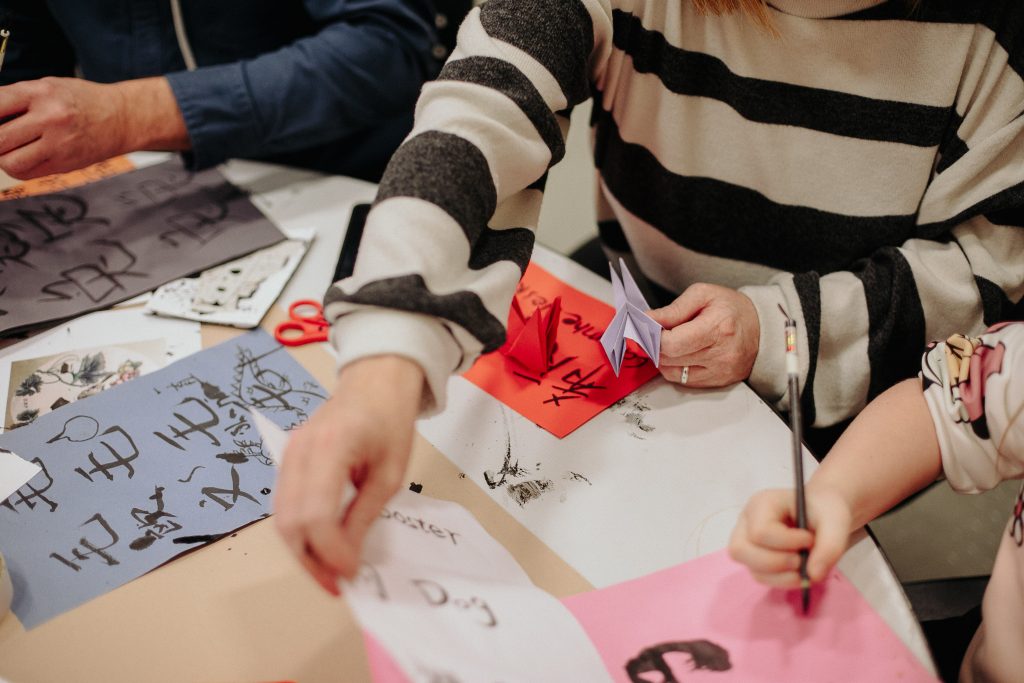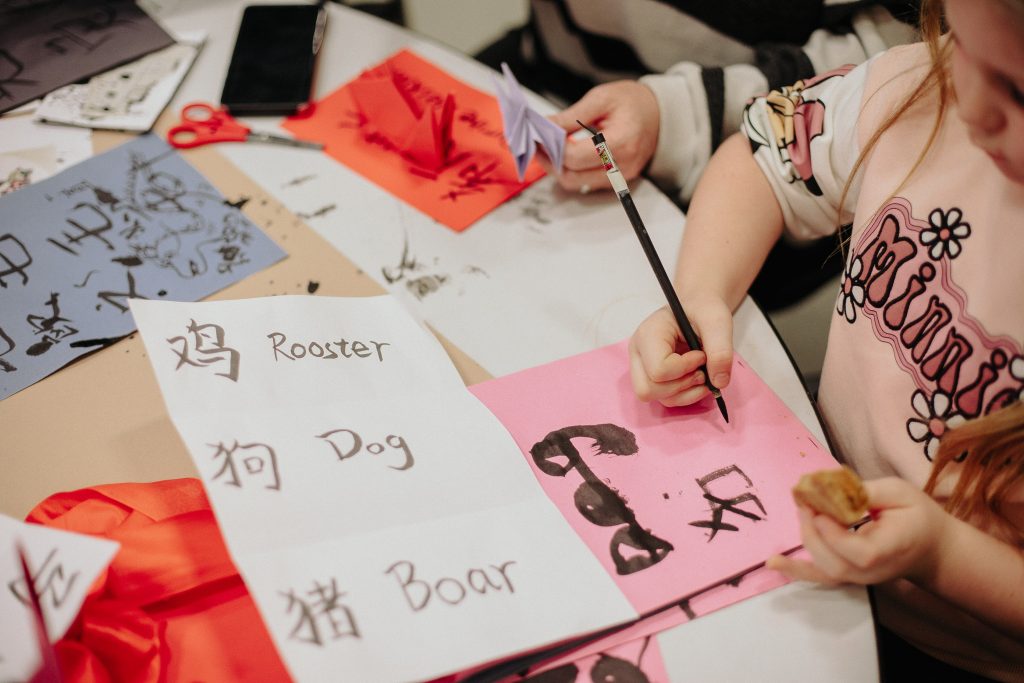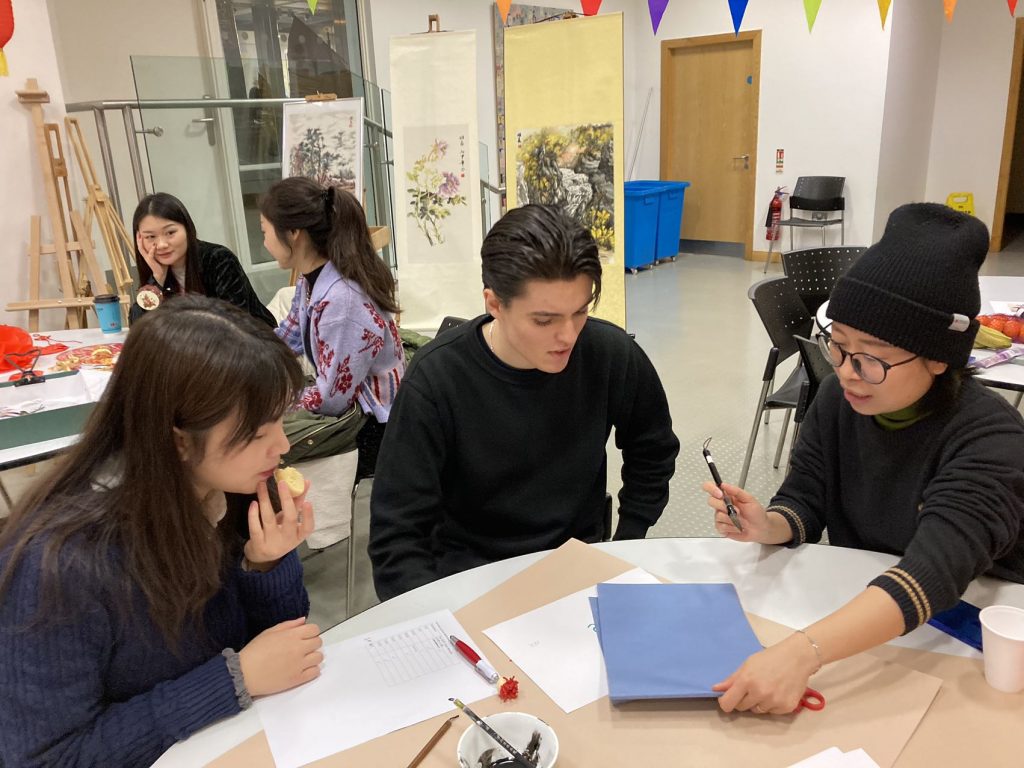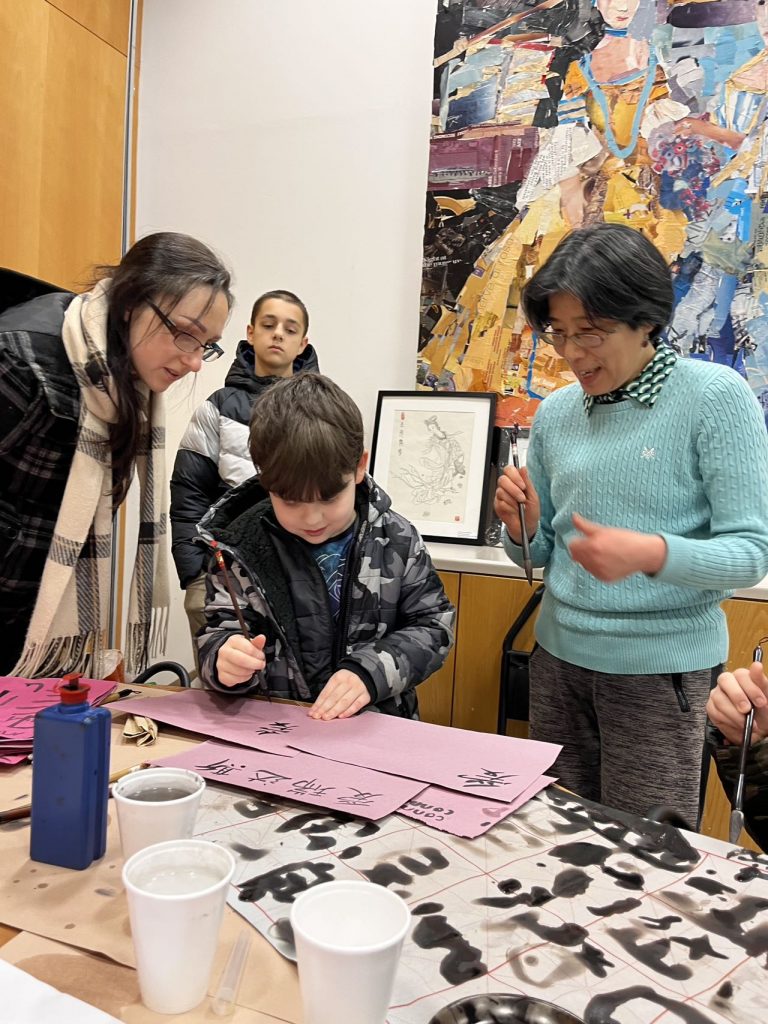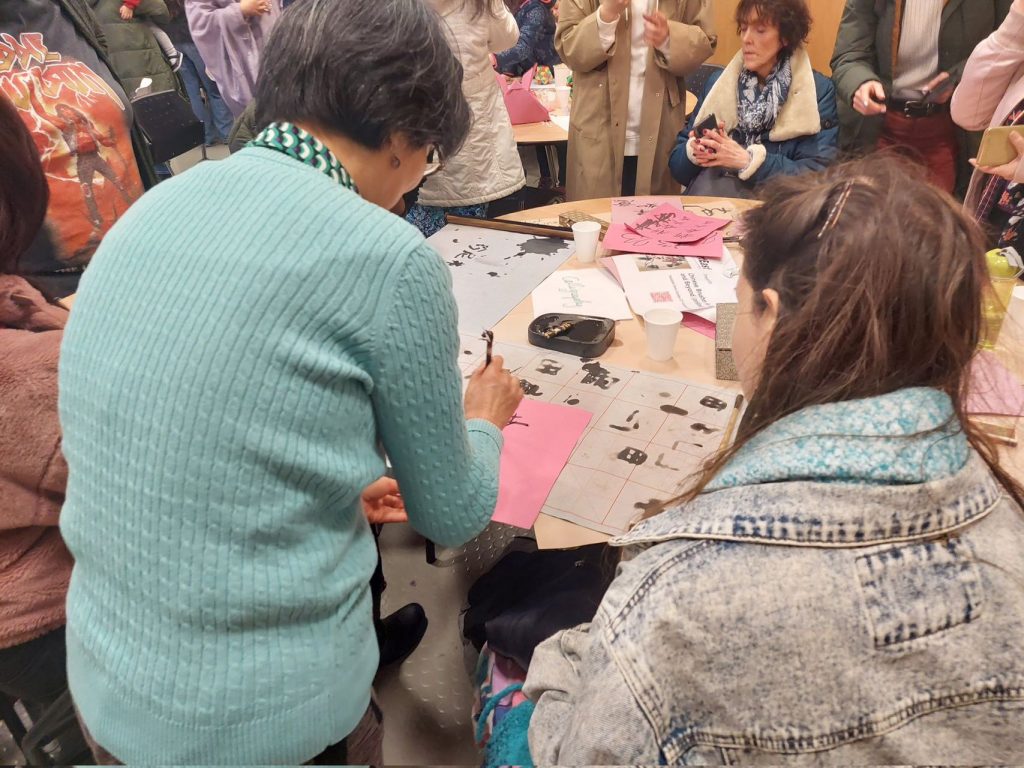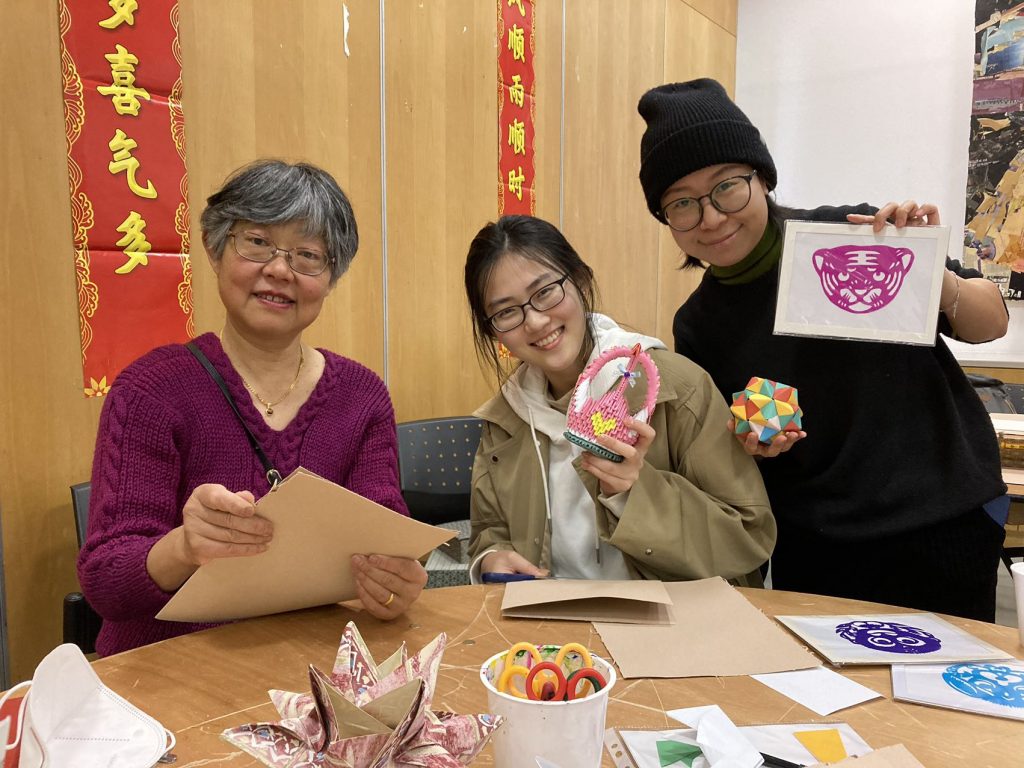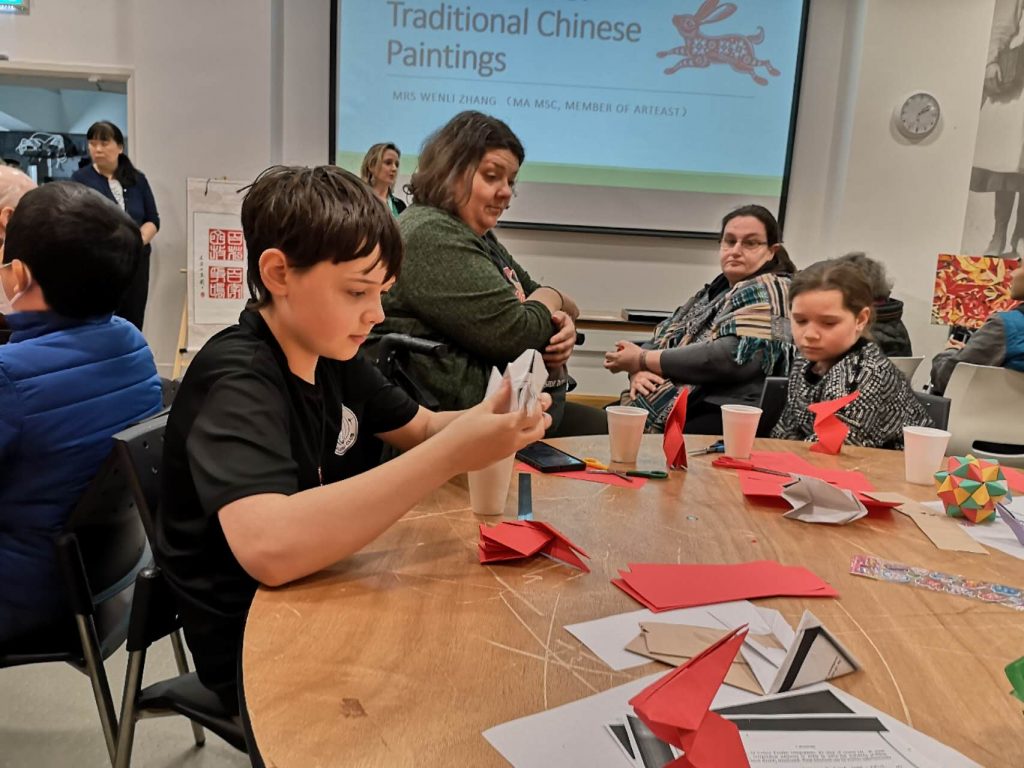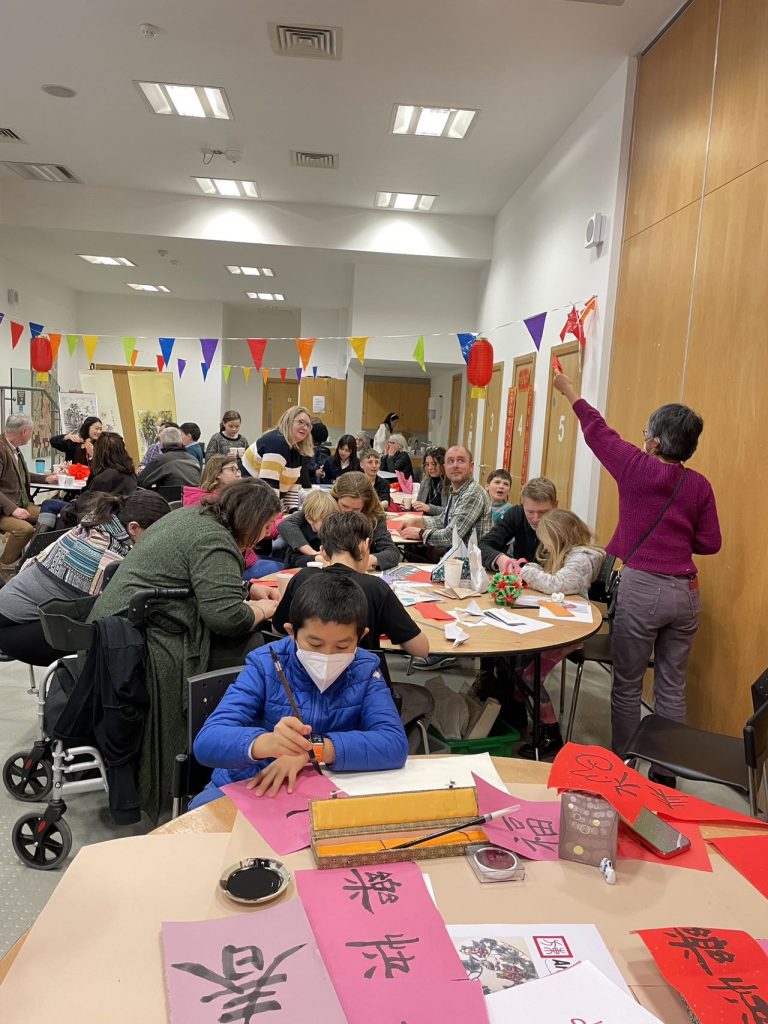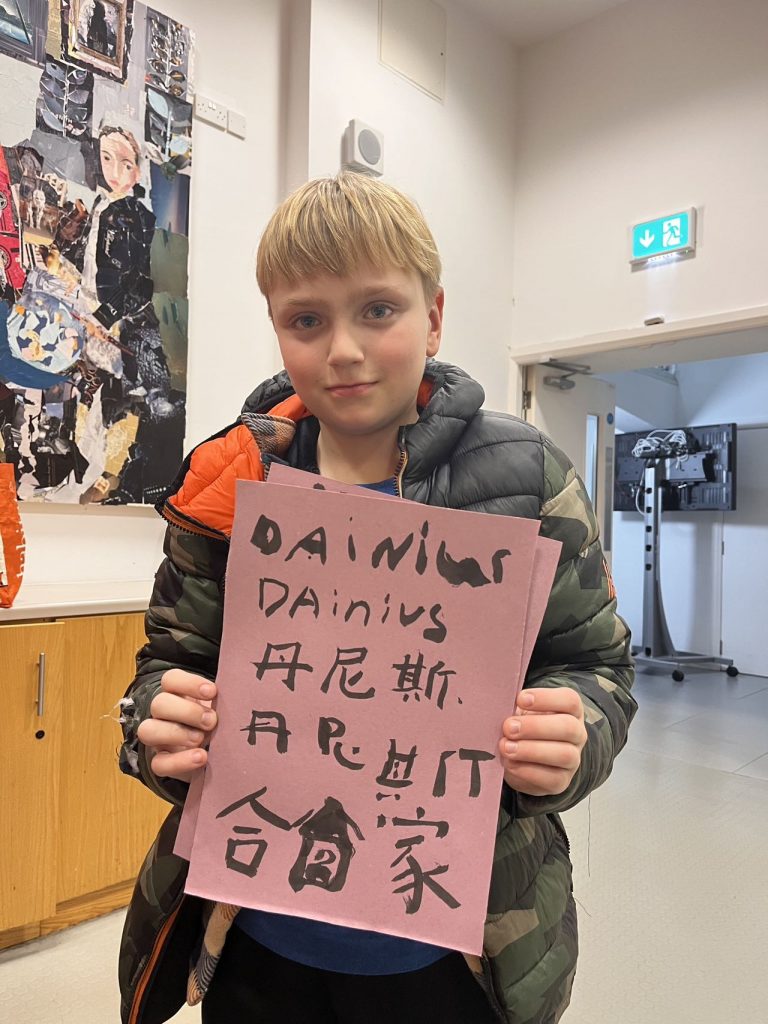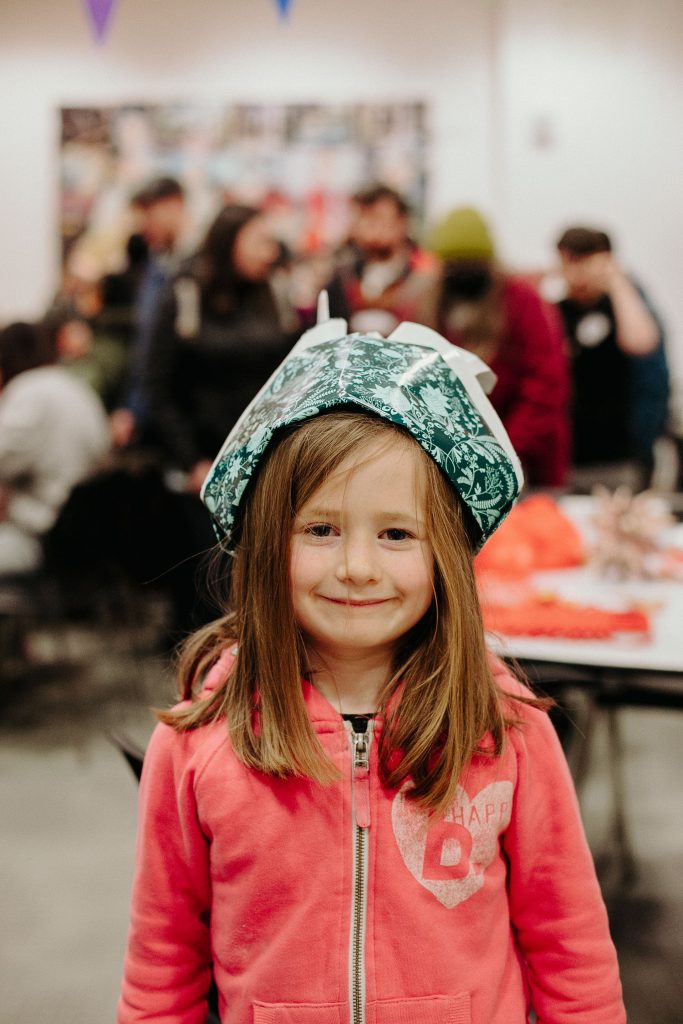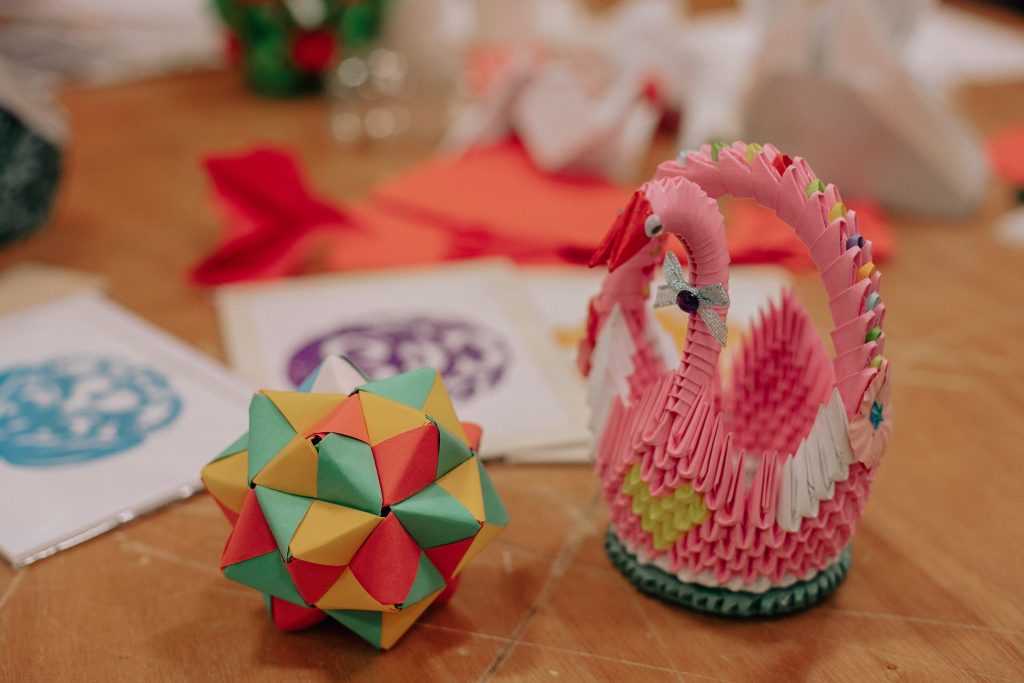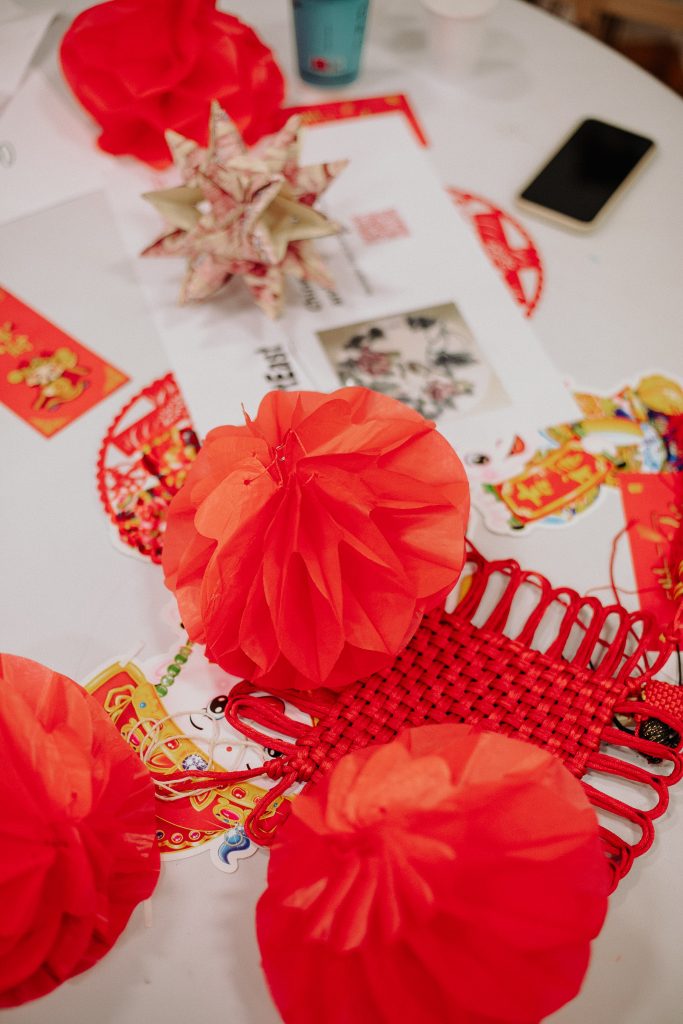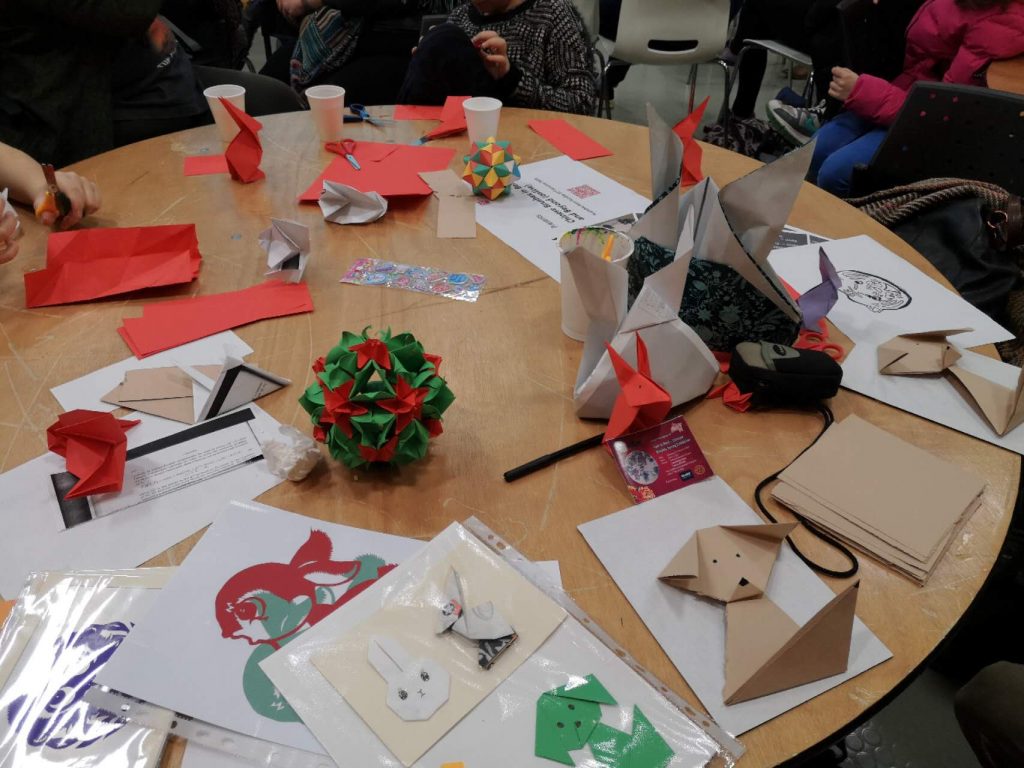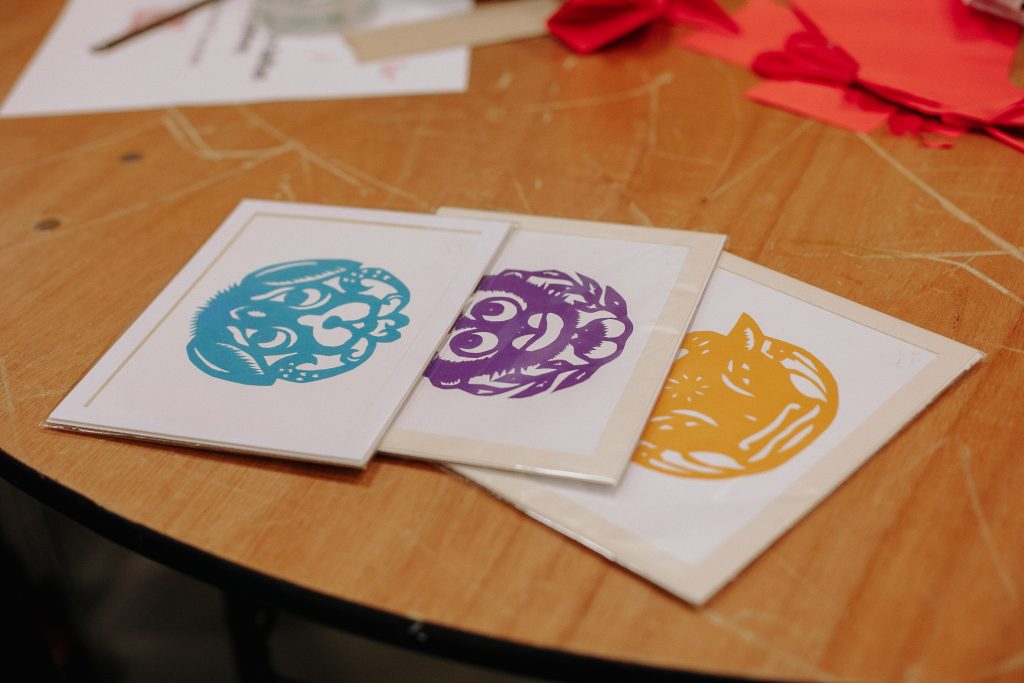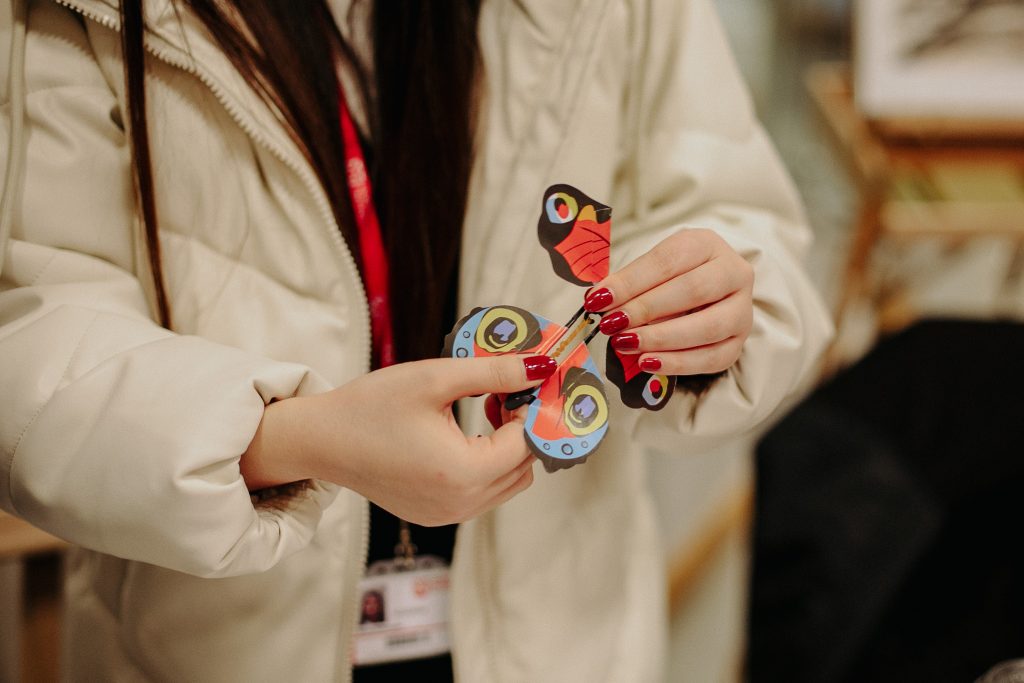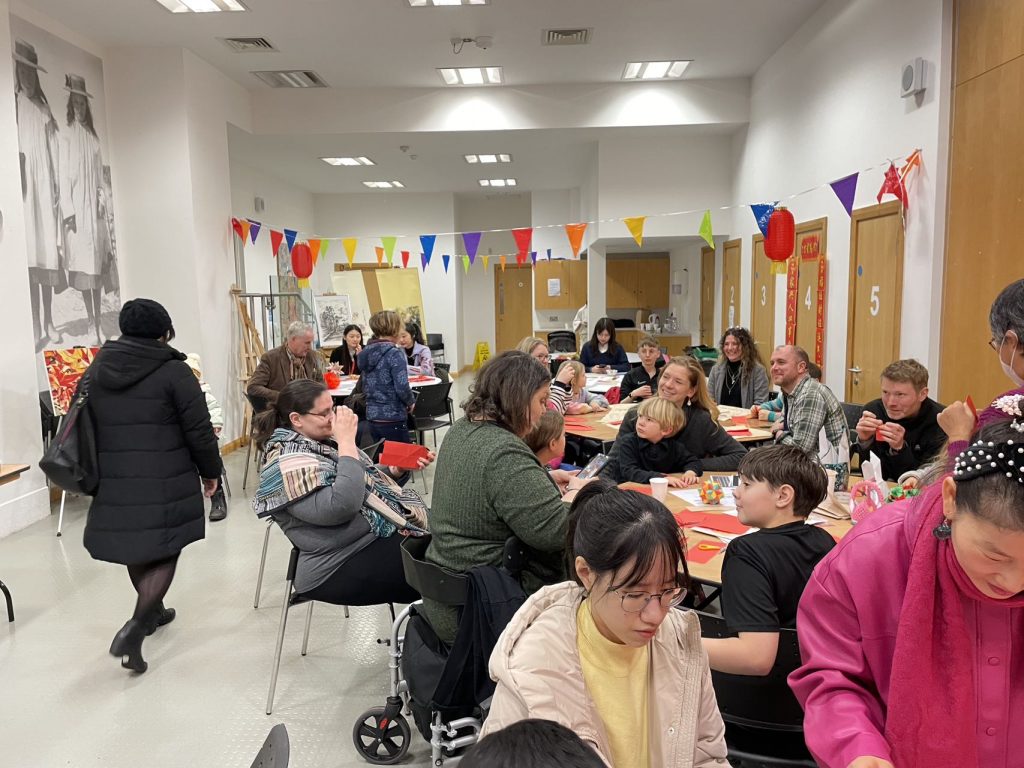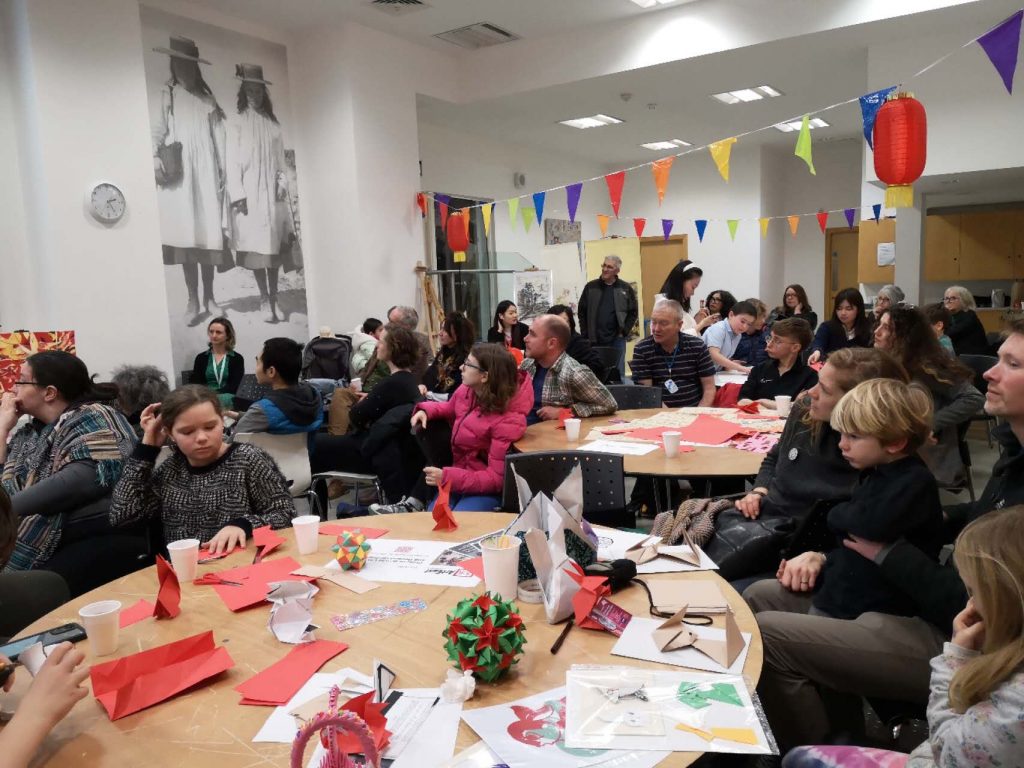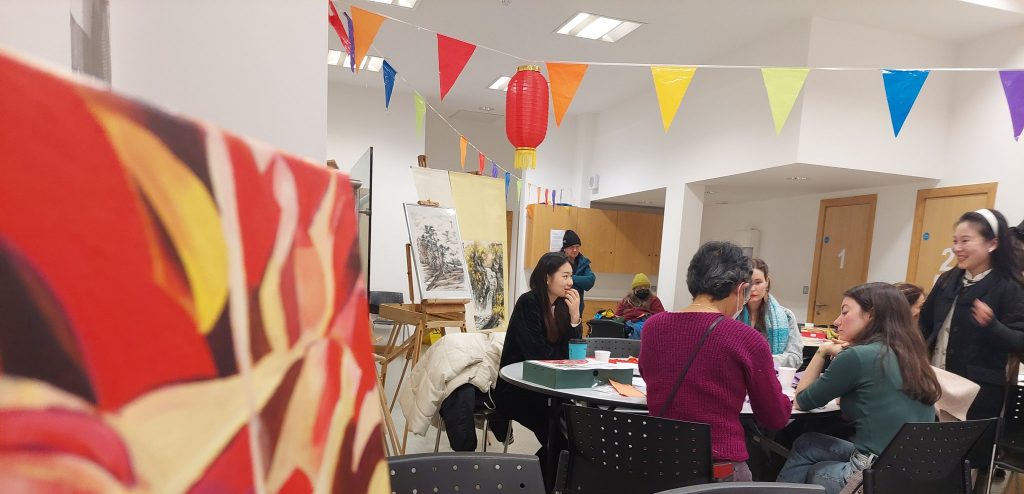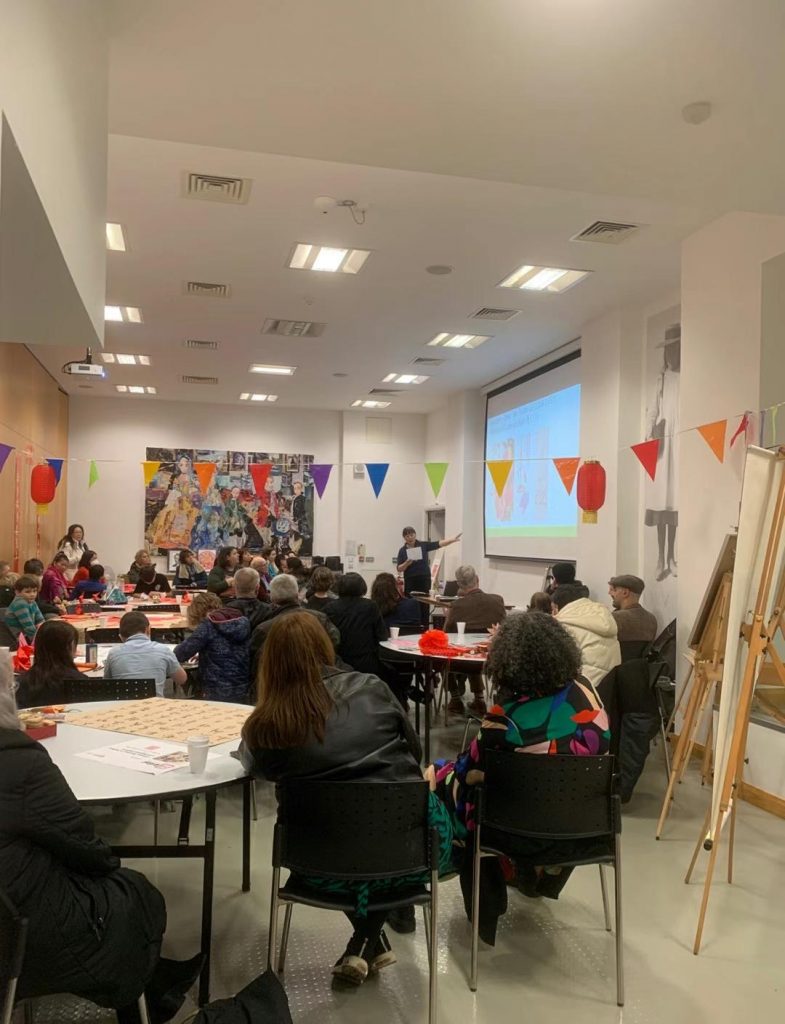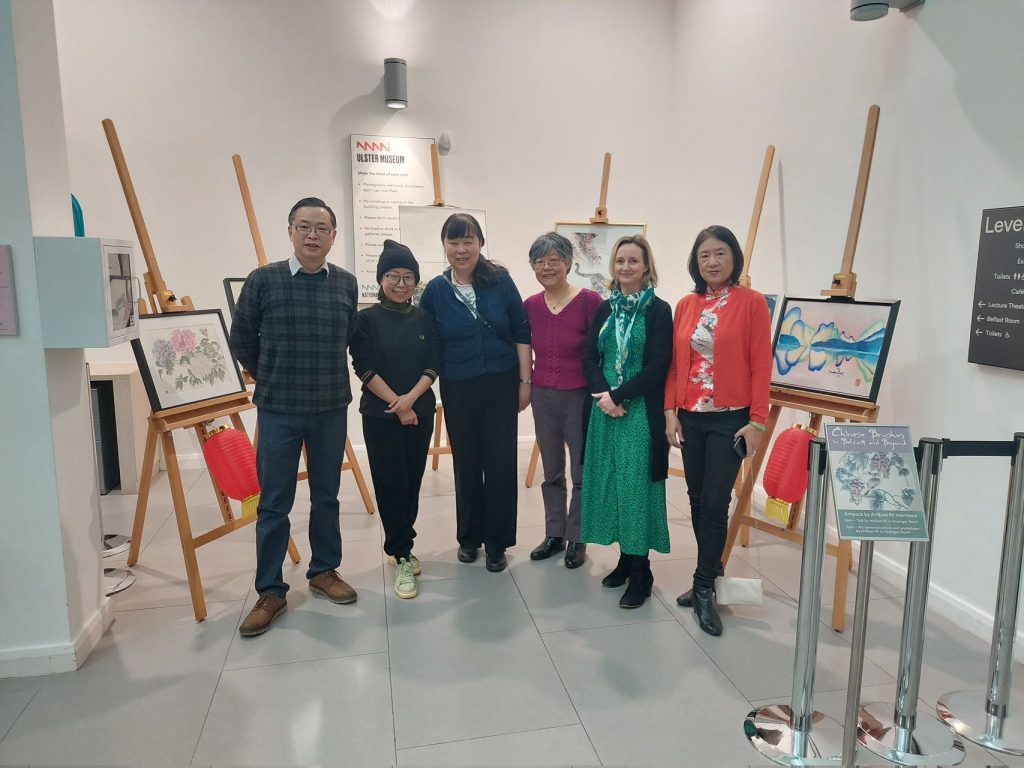The Chinese Language
There is a language – it is very mysterious and contains the emotional ups and downs of a nation for thousands of years;
There is a language – it is so ancient that its origin cannot be found in the characters engraved in bones;
There is a language – it is very rich, resonating with generosity and passion, warmth and tenderness in the alternation of Yin and Yang;
This is the Chinese language.
An ancient oriental myth!
Chinese language
is an expression like poetry and painting.
‘The trees rustle and shake their branches, The horses gallop and run freely.’
–which language
has such a vivid illustration?
“Rosy evening clouds and the lonely duck fly together; The autumn water shares the same colour with the sky.”
–which language can tell such picturesque beauty?
‘The spring tide of the river joins the sea, and the bright moon rises with the tide on the sea…’
–Which language can have such an enchanting rhythm?
“I’ve lost my sun, you’ve lost your willow, the willow lightly rises to the Ninth Heaven”
–what other language
Can translate the richness of your meaning in one word?
Chinese language is the breathing of the Chinese people’s soul.
It is the long sigh of Qu Yuan, the roar of Xiang Yu,
The romance of Li Bai, the irony of Du Fu.
It is Li Dazhao cheering and applauding
“The Victory of the Common People” on the eve of May Fourth Movement,
It is Lu Xun criticizing “The Silent China” in the face of enemy’s butcher’s knife,
It is Wen Yiduo rising up and promoting justice in the face of bullets from secret agents,
It is Mao Zedong solemnly declaring “The Chinese nation has stood up!” amidst the sound of salute.
The recklessness and fortitude of the Yellow River is Chinese language!
The unrestrained and boldness of the Yangtze River is Chinese language!
The magnificence of the mountains, the ruggedness of the plateau, is Chinese language!
The gentleness of the south of the Yangtze River, the elegance of the water town, is Chinese language!
Listen, the Chinese language is echoing through my voice on the podium of the United Nations
-So friendly, beautiful,
-So powerful, great!
Chinese language , you belong to a great nation, a world where the sun rises!
I love you, our Chinese language!
